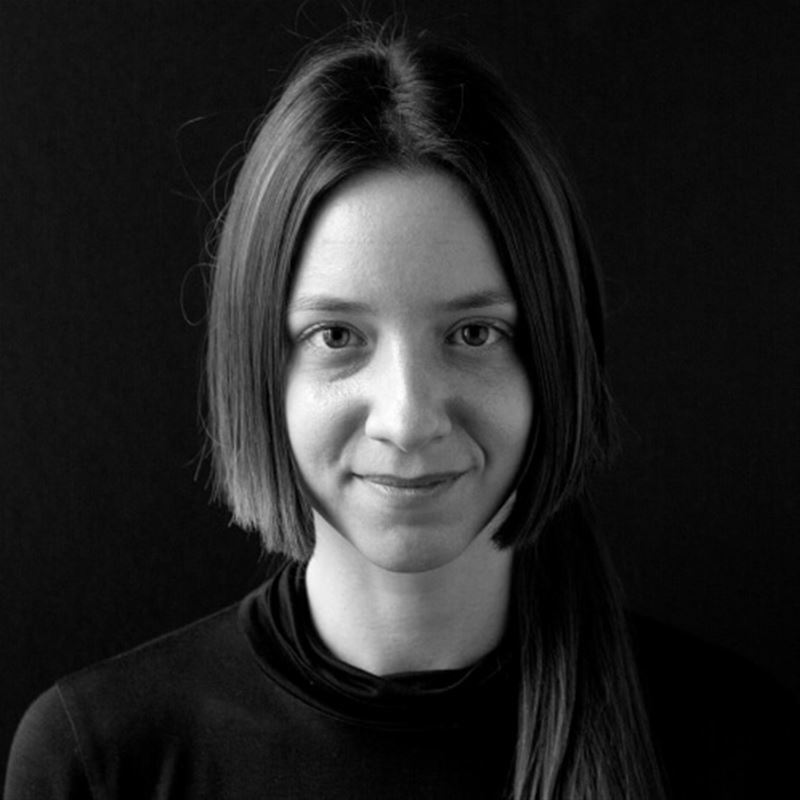Make your series idea a marketable project. Learn how to improve your script as well as your skills, and find out possible funding opportunities. Both limited and ongoing series projects are welcome.
The program was previously known as TV Launch.
Make your series idea a marketable project. Learn how to improve your script as well as your skills, and find out possible funding opportunities. Both limited and ongoing series projects are welcome.
The program was previously known as TV Launch.
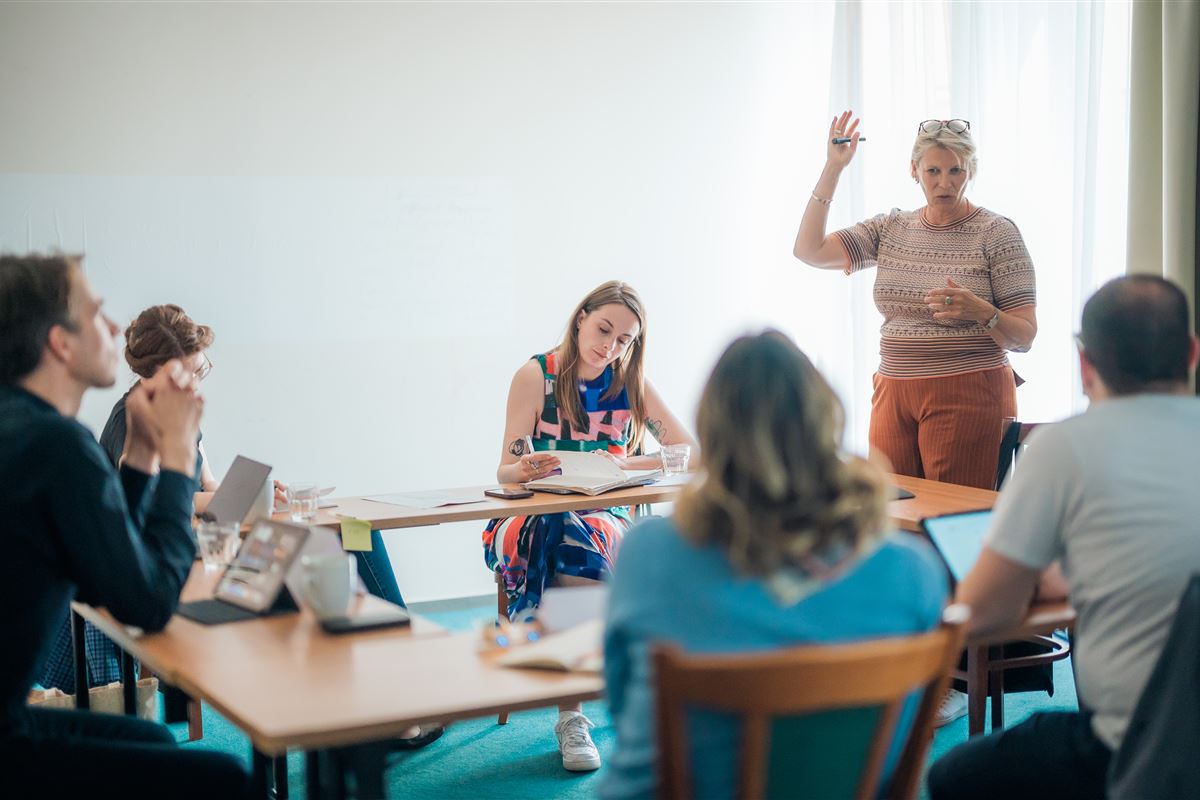
Participating projects are divided into three groups of three, and each group's development is overseen by both a group leader and participating development executive.
To ensure the most complex approach to training, Series Launch works with established and well-respected industry names coming from Central and Eastern Europe, Western Europe, USA or Australia.
The Head of Studies oversees the general methodology of the program, ensures the needs of the participants are met in the most effective way, and guarantees the practical value and industry impact of the training delivered.
Gabor is a trailblazing professional: showrunning three seasons of the HBO Europe high end drama Golden Life, he boldly went where no man has gone before!

The Group Leaders oversee the development of projects in their group from the very beginning of the training until they graduate from the program. They also coach the development executive participant assigned to their group.
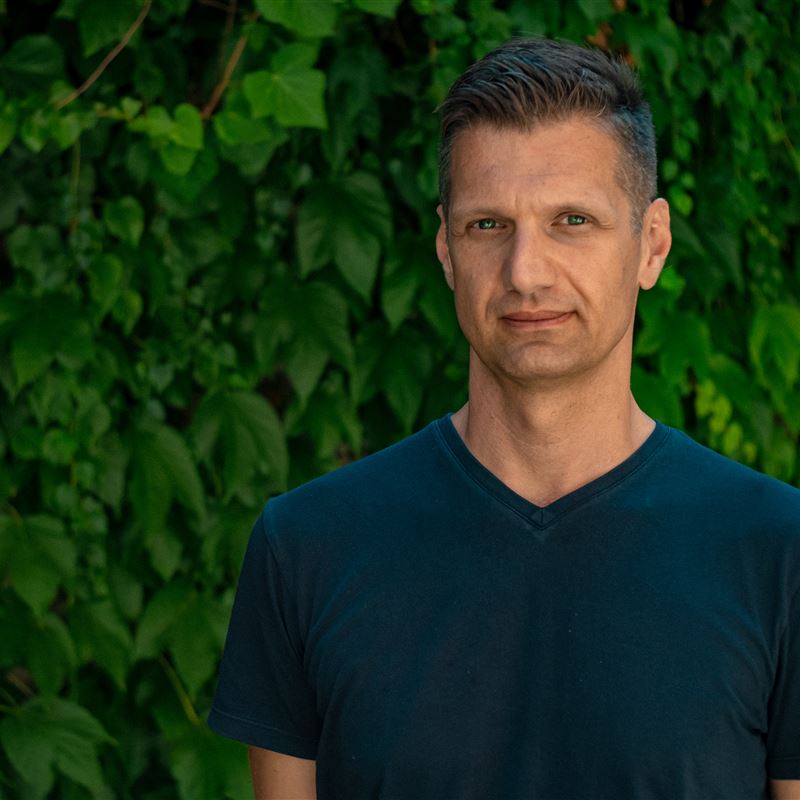

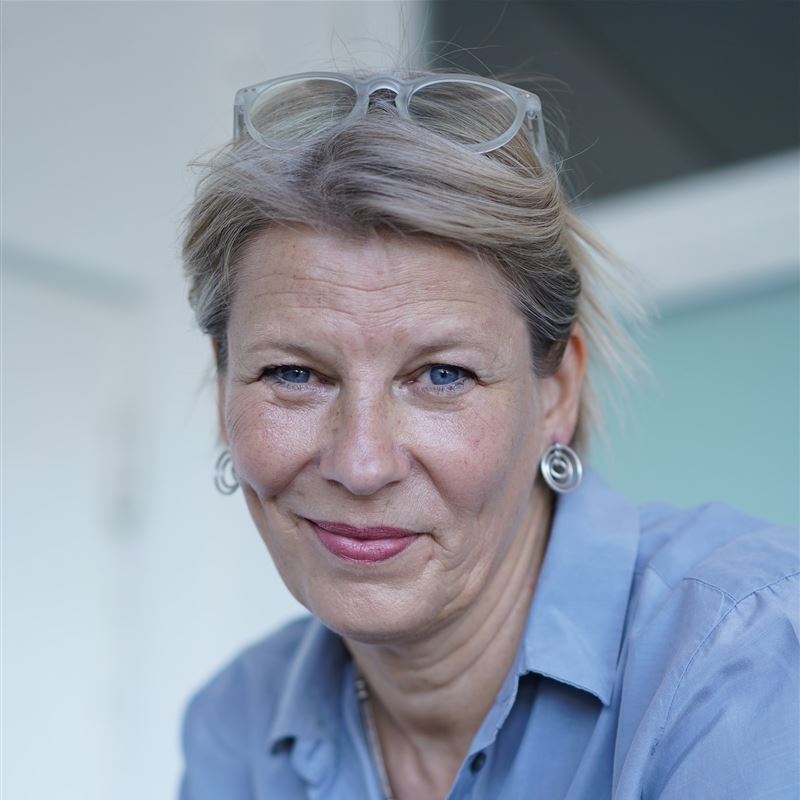

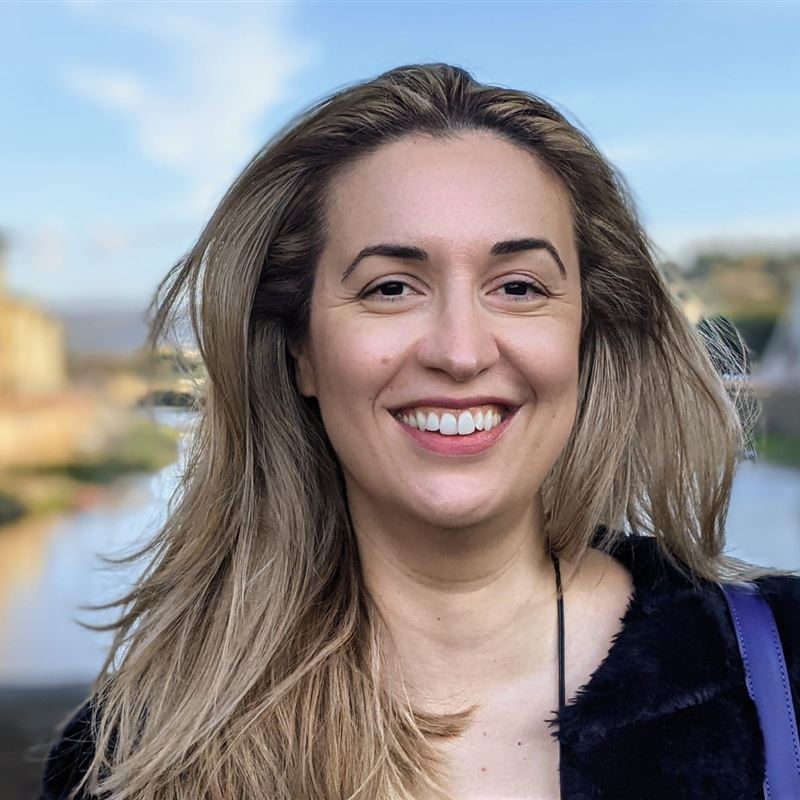

The Development Executive Mentor attends and co-creates the training program for the development-executive participants, ensuring that it's implemented into group work and that the collaborative set-up simulates a real-life industry environment.
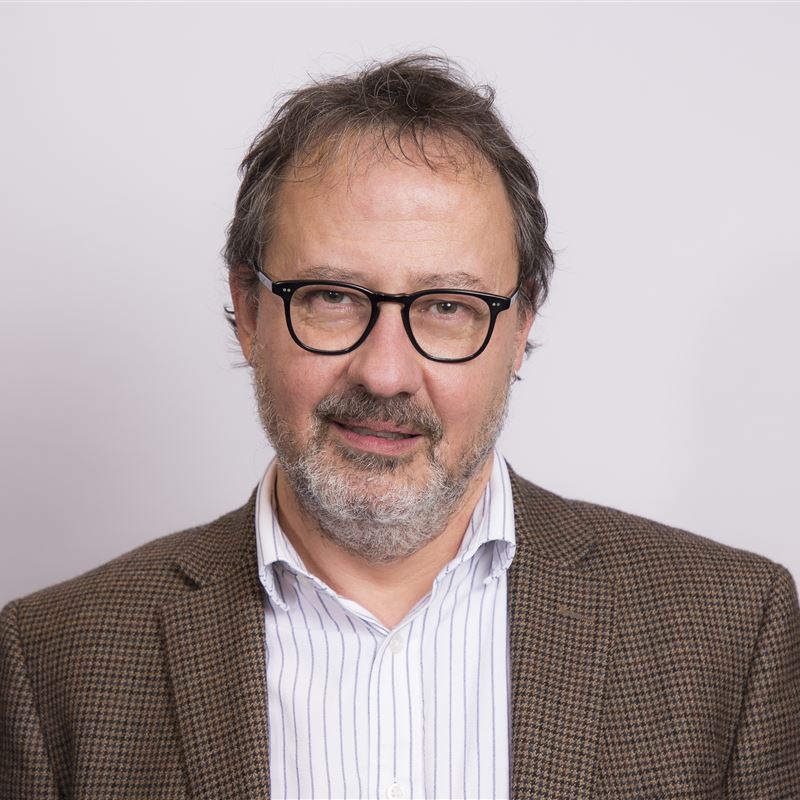

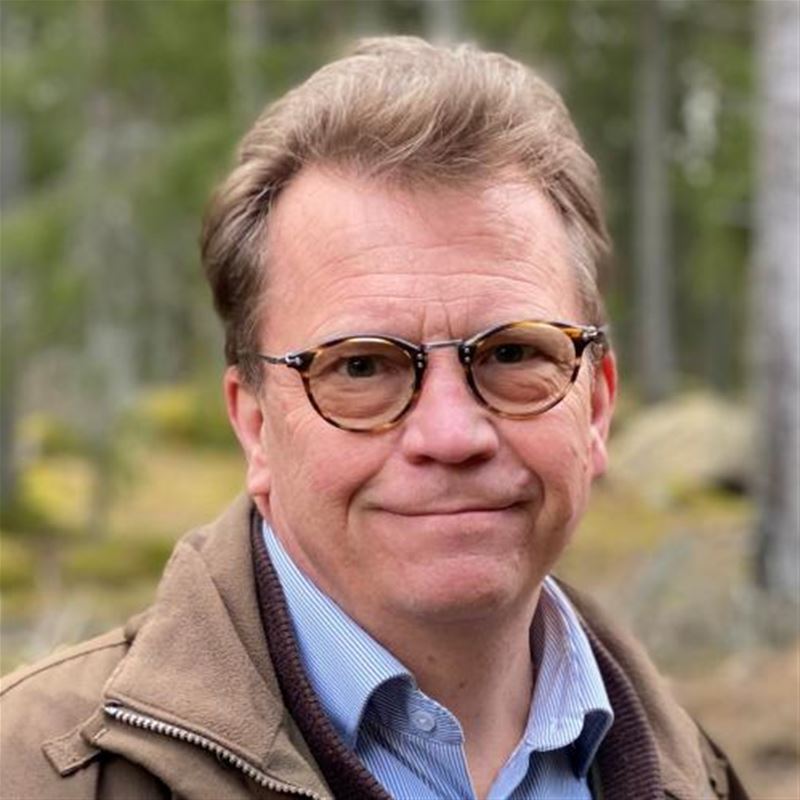

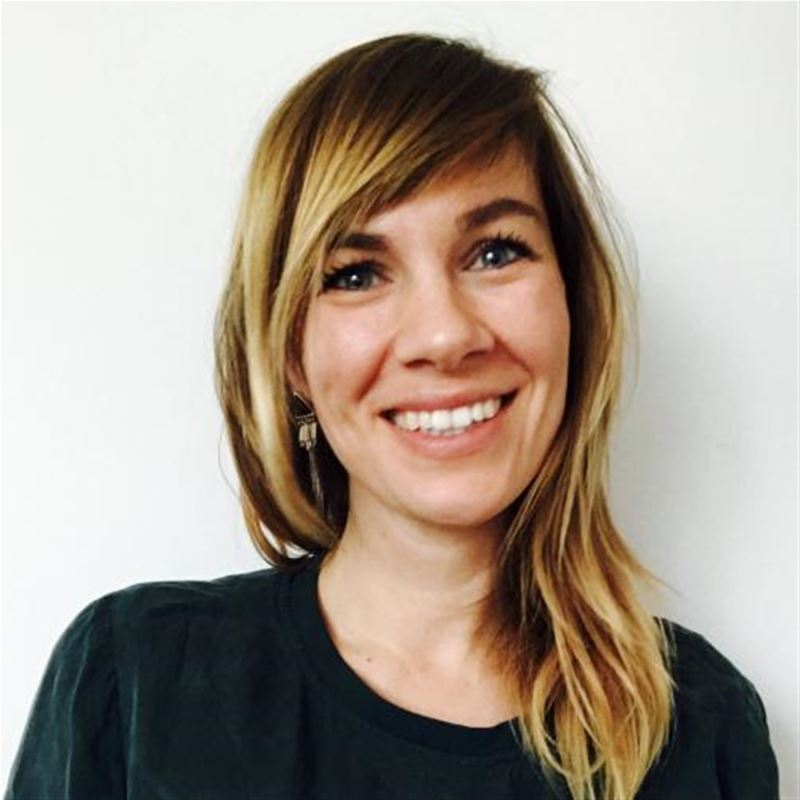

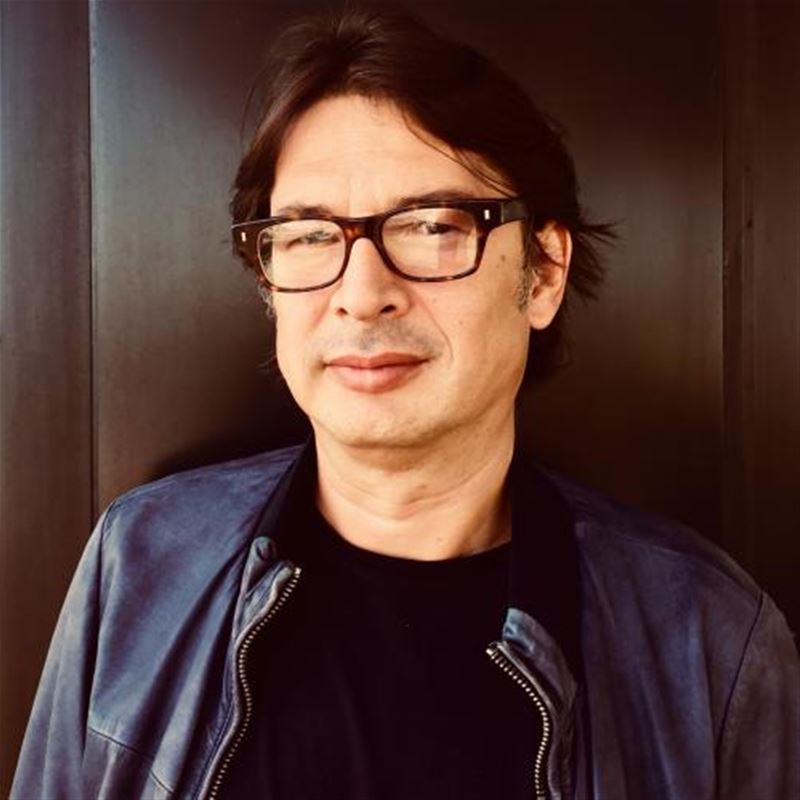

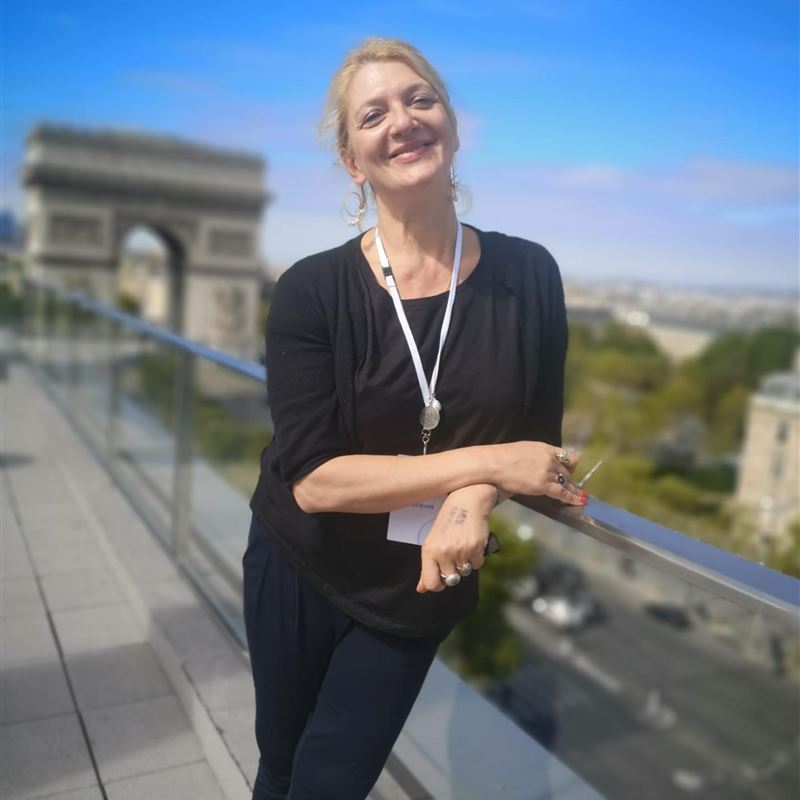

These established professionals attend one of the workshops to share their particular professional expertise.
The 9 creative teams, split into 3 groups, work under the guidance of internationally renowned and experienced tutors and in close collaboration with development executive participants who are involved in all parts of the program.
The program schedule and the form of the organization inevitably depend on development of the coronavirus pandemic situation.
Project team members are introduced to serial storytelling with lectures and dramaturgical consultations addressing the structural differences between features and series, and tackling the subject of the series concept and a pilot.
How do anthology, continuing and limited series work? What are common TV drama genres? Examining the formal structures and common story elements that compose the “DNA” of a series, we will look for the ‘engine’ that powers the storytelling in each series format and genre: the careful interplay of character, theme, arena and plot.
Wherever you’ve come from and wherever you’re going as a screenwriter, one thing is certain: notes will be coming your way and from all angles! Ben will use his experience working on both sides of the table - in development/production and also as a writer - to discuss how to give and take notes in a way that is productive, collegiate and fun.
At the core of each series lies an engine, a central question, a central conflict that, unlike in a movie, must not be solved. Stretching a movie for 8 hours might not be the solution either, for a series is NOT a long film chopped into small pieces. So how do you provide the fuel to go beyond the pilot?What sustains the conflict and makes the audience want to watch the next episode?
While in film, the legendary chicken and egg question of which comes first: the plot or the character remains unanswered, in TV series, CHARACTERS are the way to go: they are the reason we come back to watch the show.
In this lecture, Cyril will study the specifics of series characters. How they have to be approached, how they must be combined and confronted with one another in order to sustain conflict and generate situations and scenes for a long time. He will also discuss how they affect the narrative specifics that are at the core of any series, whether procedurals or serialized, all that good stuff that makes a series – a series.
This lecture is an exploration of deep structure in serialised stories of lasting quality.
What makes some TV series last and get better with each season,
while others start dying after just a few episodes? Why do some
affect us deeply, while others are temporary entertainment? What are the necessary ingredients in a successful long-running series – the kind that does not seem to have an expiration date?
As it turns out, the answers can be found inside an active volcano...
Ms. Murphy will discuss the highlights of the most powerful and critical parts of your script... The beginning and the end. In this market of television where there are hundreds of shows to watch - how can you break out of the clutter. It is critical to hook the audience in the first 10 or 15 pages. This is the heart of your show... the make it or break it. Maggie will screen an assortment of iconic pilot openings and analyze why they keep the audience mesmerized. There will also be discussion on the ending of your pilot and how it must also be equally strong to bring the audience back for more.
Development executive participants, guided by their tutor, in collaboration with the group leaders, are briefed and pre-trained in their basic script-editing skills.
The creative teams are led to defining their series concept and theme, and outlining their pilot scripts. The workshop consists of group work, individual consultations, lectures and series analysis.
Each Development Executive is assigned to the group of projects and observes the group work led by the group leader. The participants get acquainted with the dynamics within the creative team. Their learning process is debriefed within meetings with the development executive tutor, as well as the project teams themselves.
Gabor Krigler, the founder of Joyrider TV and former Creative Executive and Producer at HBO Hungary, will explain how the pilot episode of a drama series must serve many different needs. It has to be a great story itself but it also must set up a long, ongoing narrative. He will be looking at the various elements that need to be introduced in a pilot to hook the audience and create an emotional experience they want to return to. The second part of the discussion focuses on the creative processes behind the show bible and what it needs to contain to help sell your project first, and then serve as a springboard for further development.
All the storytelling skill, experience and craft in the world is not worth much if the story is not burning with the fire of clear vision and deep insight. These are developed in life, not in the writers’ room. We’ll be looking into how the vibrancy of our life-experience and the quality of our perception influence the reach, the depth and the truthfulness of the stories we create.
Creative teams work on completing their pilots, and creating their season arc and season outlines. They focus also on the role of a director, the project pitching documents, production aspects as well as the financing strategy.
Development Executive Participants continue the involvement in the group, serving as script editors, observing the work on the pilot episode, and getting trained in the financing strategies and production issues together with the creative teams.
What are the secrets to manage the work of a long TV-series as a director? How do you make the best out of your resources? The Swedish director, Harald Hamrell, who has been director on around twenty TV-series and feature films, will tell you all about his experience over the years and show case studies of his latest productions.
Let’s talk financing! From getting over that extremely difficult first development money hump to pitching your show to a European broadcaster, an international distributor or a global streamer – Marike will give an overview of the current landscape and discuss financing opportunities for European TV projects in the rapidly changing global industry. How can producers from all European territories navigate this jungle, find the right partners and eventually benefit from smart collaborations? How do you pitch to different partners? Which coproduction partners go together and how do you keep them all aligned? What about the role of the international distribution partners?
Marike will provide examples of European co-productions and their financing plans, including deals with global streaming platforms, territory-by-territory deals with broadcasters and some of the in-between options, and discuss how different co-productions and deal structures can impact the creative process, long-tail revenue, control, ownership, marketing, distribution and a possible 2nd season commission.
Two hours of interactive pitching exploration with Agathe Berman
Many of us are already familiar with how to prepare and organize a feature film shooting and postproduction, but when it comes to series, it can be a slightly different process with its own specifics and rules. This roundtable will try to shed a light on the most important moments of the production that will help to achieve a satisfying result. Time is the key factor in the production of series and in order to find out how this “alchemy” of turning words in picture works.
What is the position of a writer in the European ecosystem, what to look out for when it comes to contracts and which expectations to have? We’ll discuss all this and more in a closed session where there are no bad questions with Rudolf Leska, an established copyright lawyer with international experience.
Steve Matthews, an experienced producer and development executive, now the Executive Producer, Scripted at HBO Europe, will discuss the process from pitching your project through series development, production and beyond. What to expect, the stages in the process, the pitfalls to watch out for, and learning to love notes.
Each project arrives with a revised pilot script and a completed pitch book/mini-bible. Workshop focuses on creating marketing strategies, refining pitching skills and familiarizes participants with the specifics of different segments of the series market. It concludes at the Industry@Tallinn & Baltic Event and its TV Beats market, offering debates, panels, lectures, case studies, master classes and the pitching presentation of all projects and participants within.
The development executive participants are present at the pitching training and rehearsals of the projects and also prepare for their own presentations, to pitch themselves as industry professionals. They will also use the networking opportunities at the event for their future careers.
To be announced.
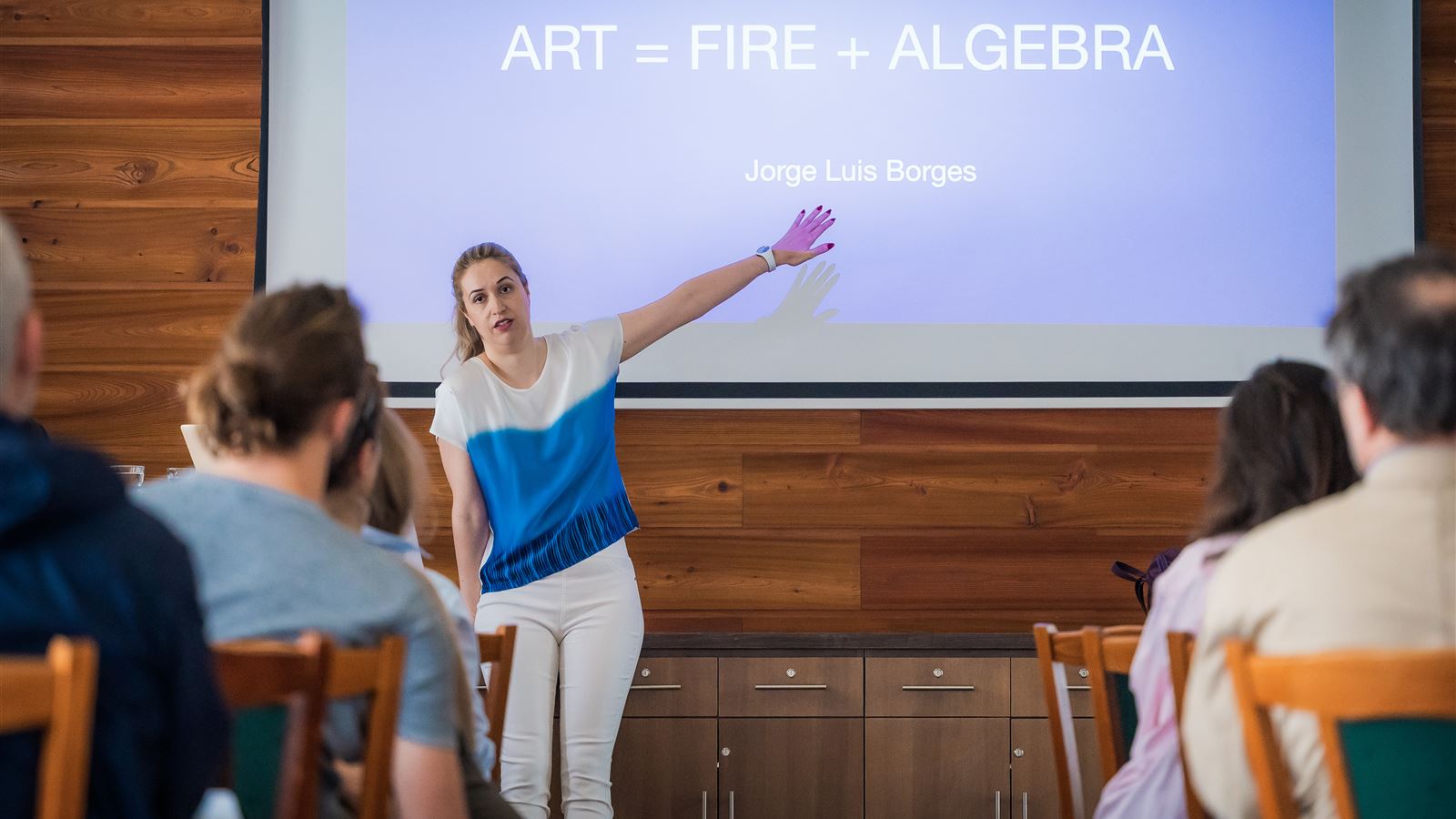
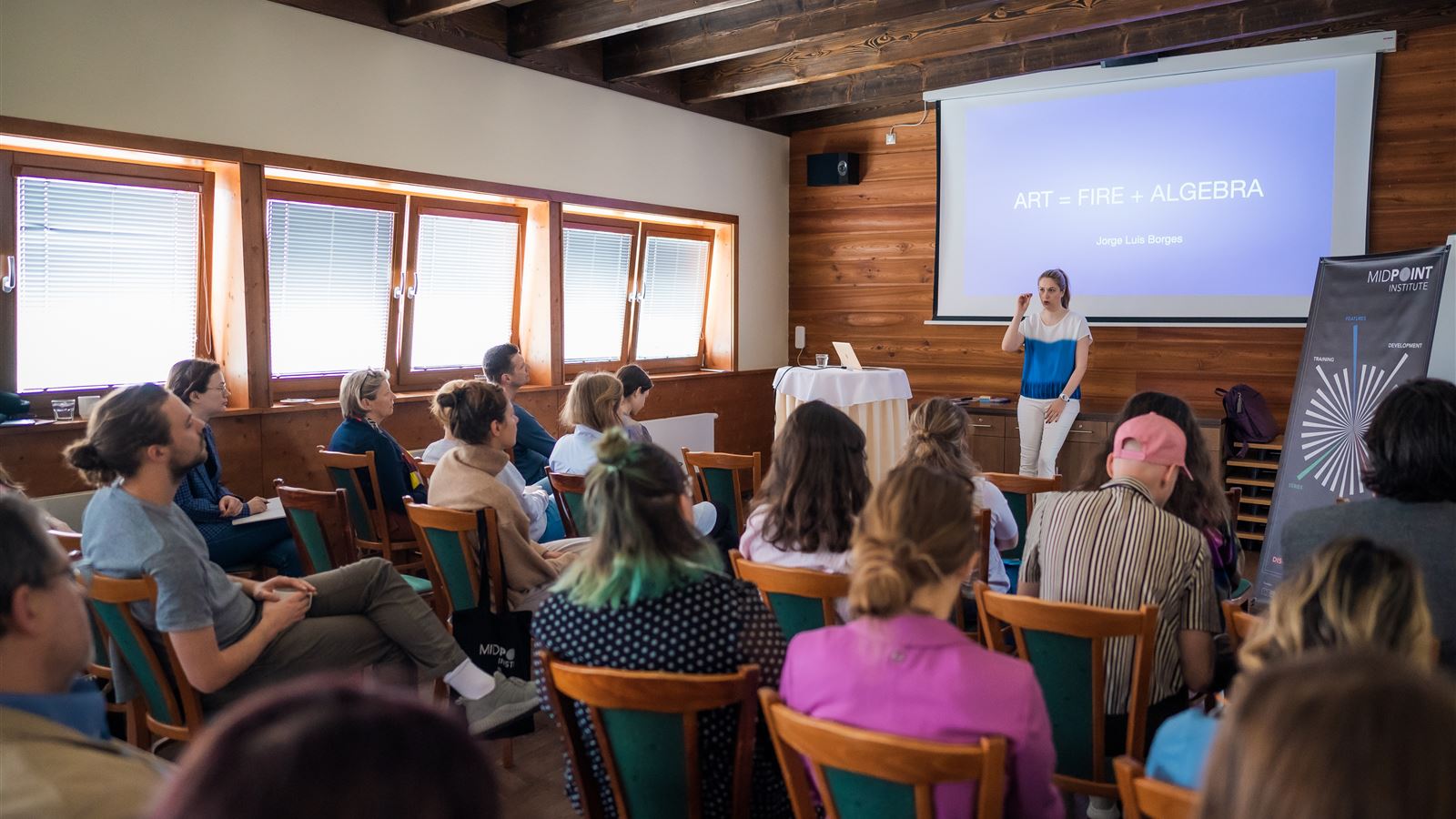
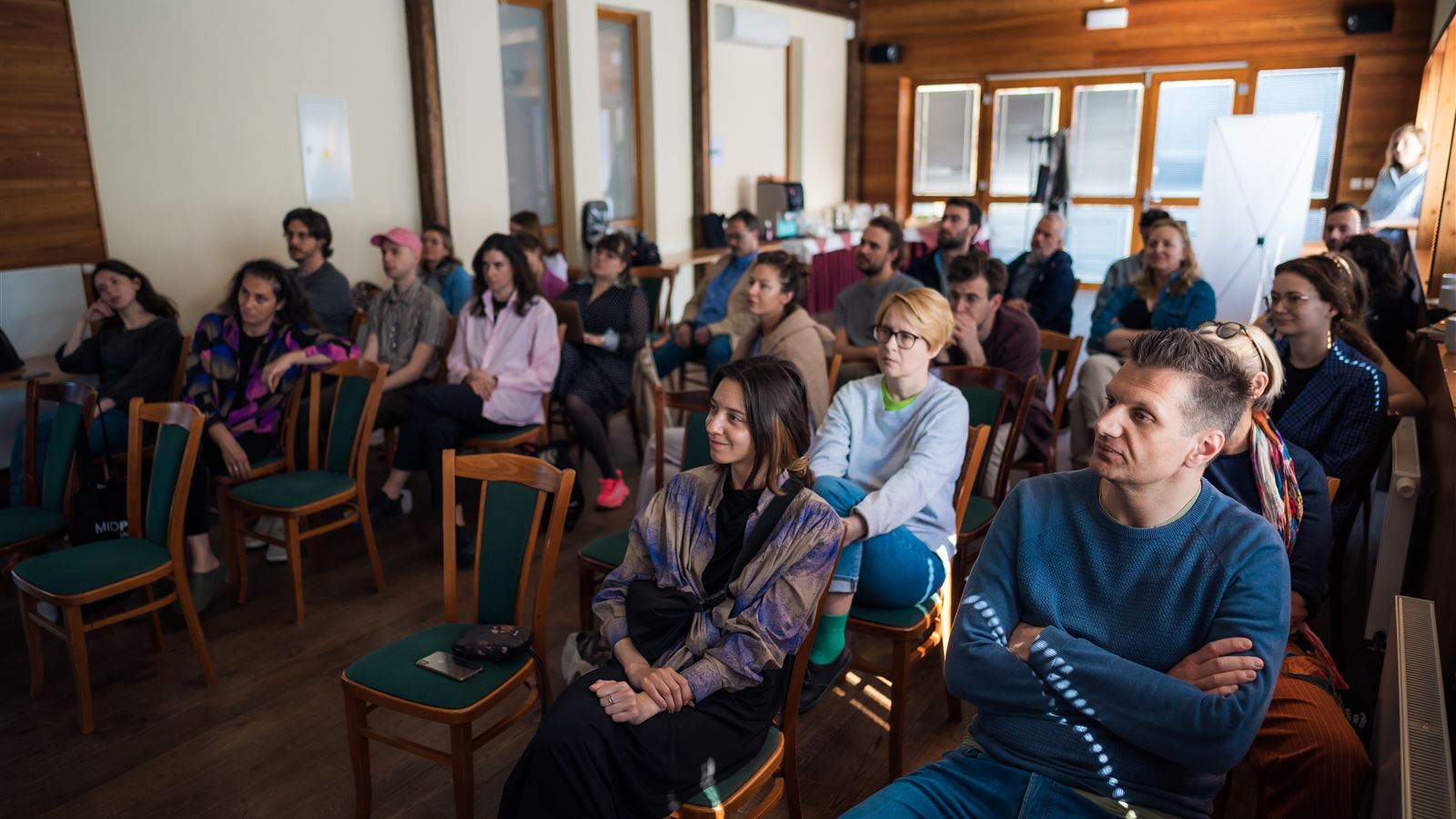
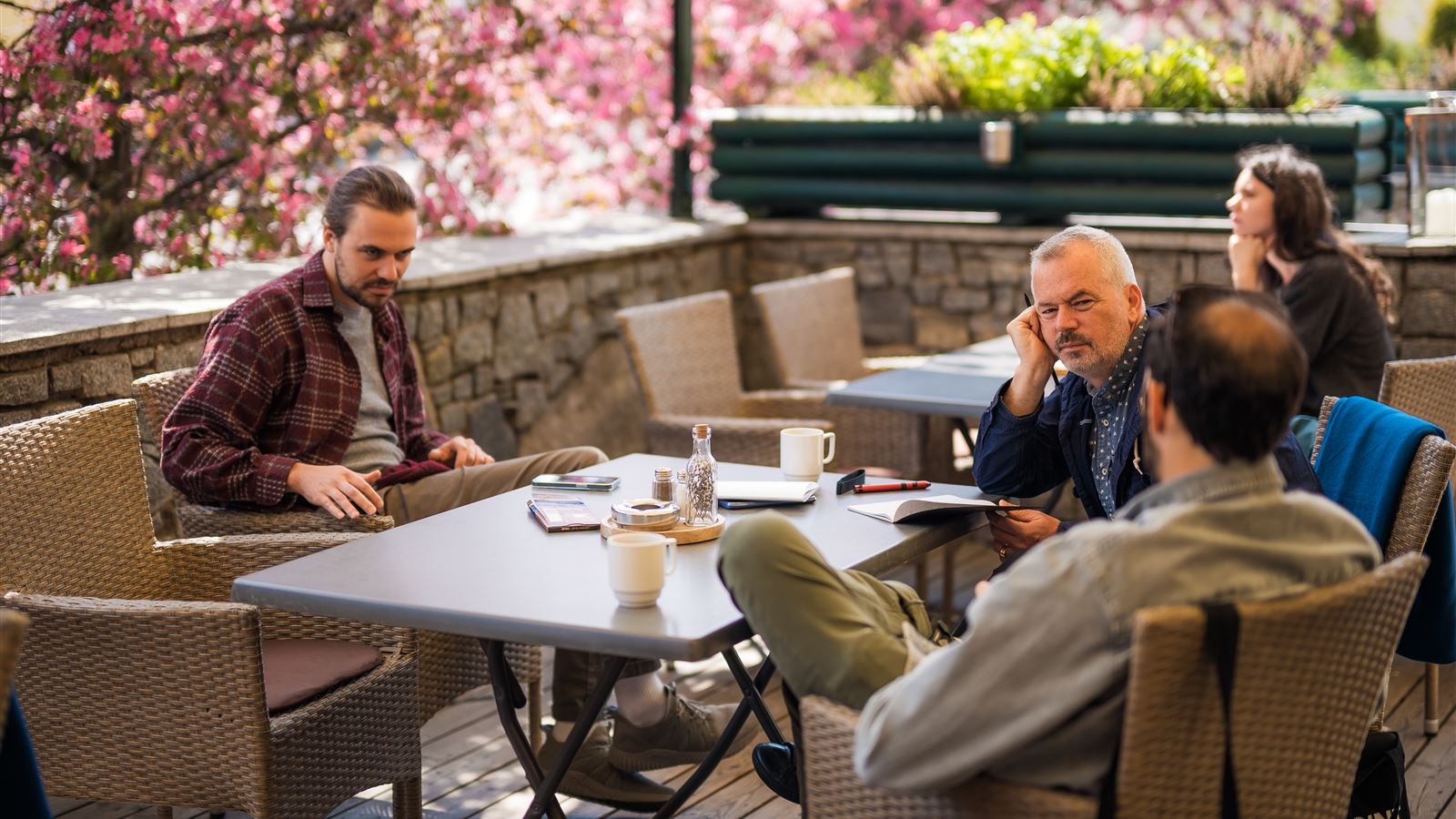

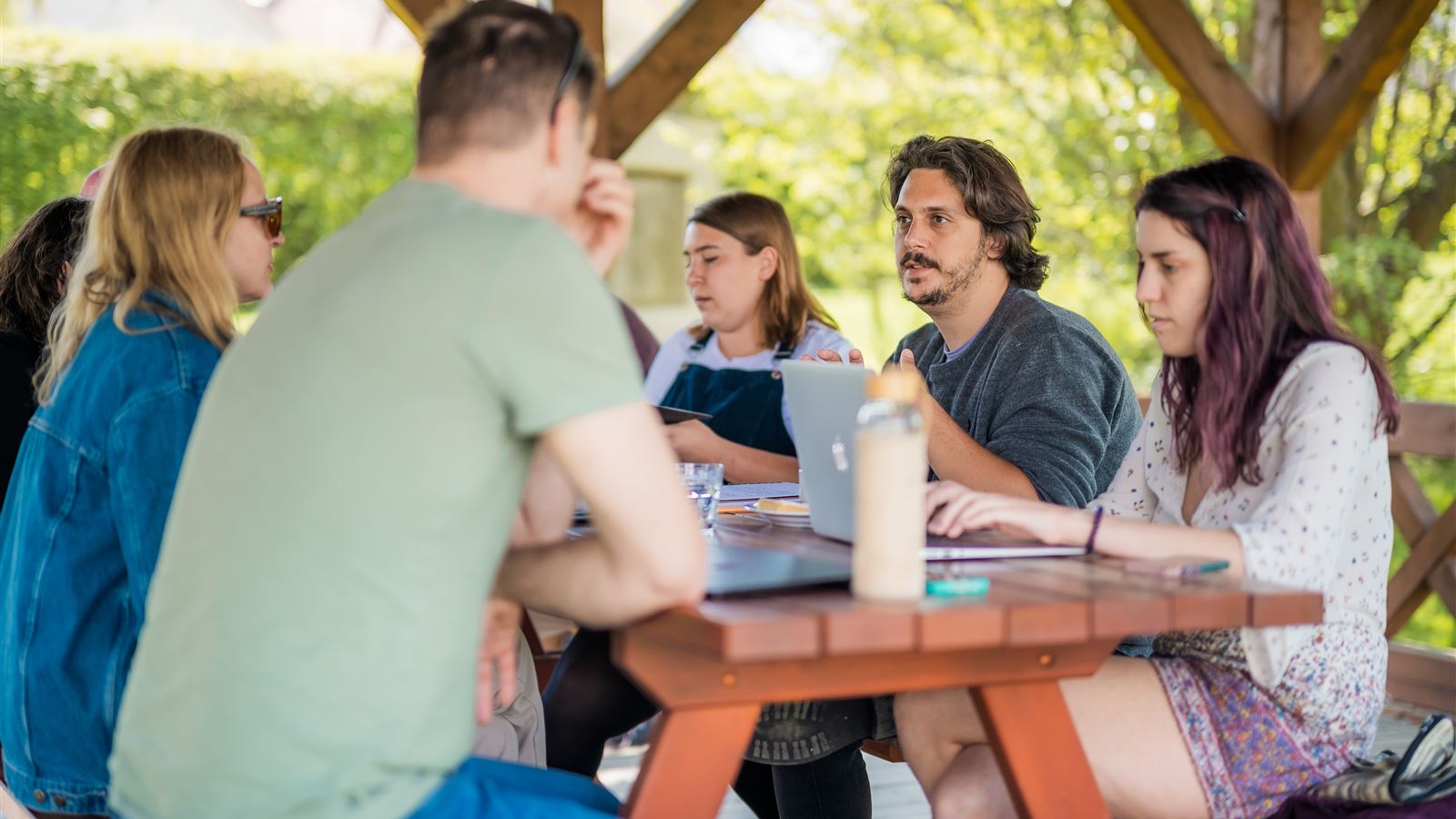
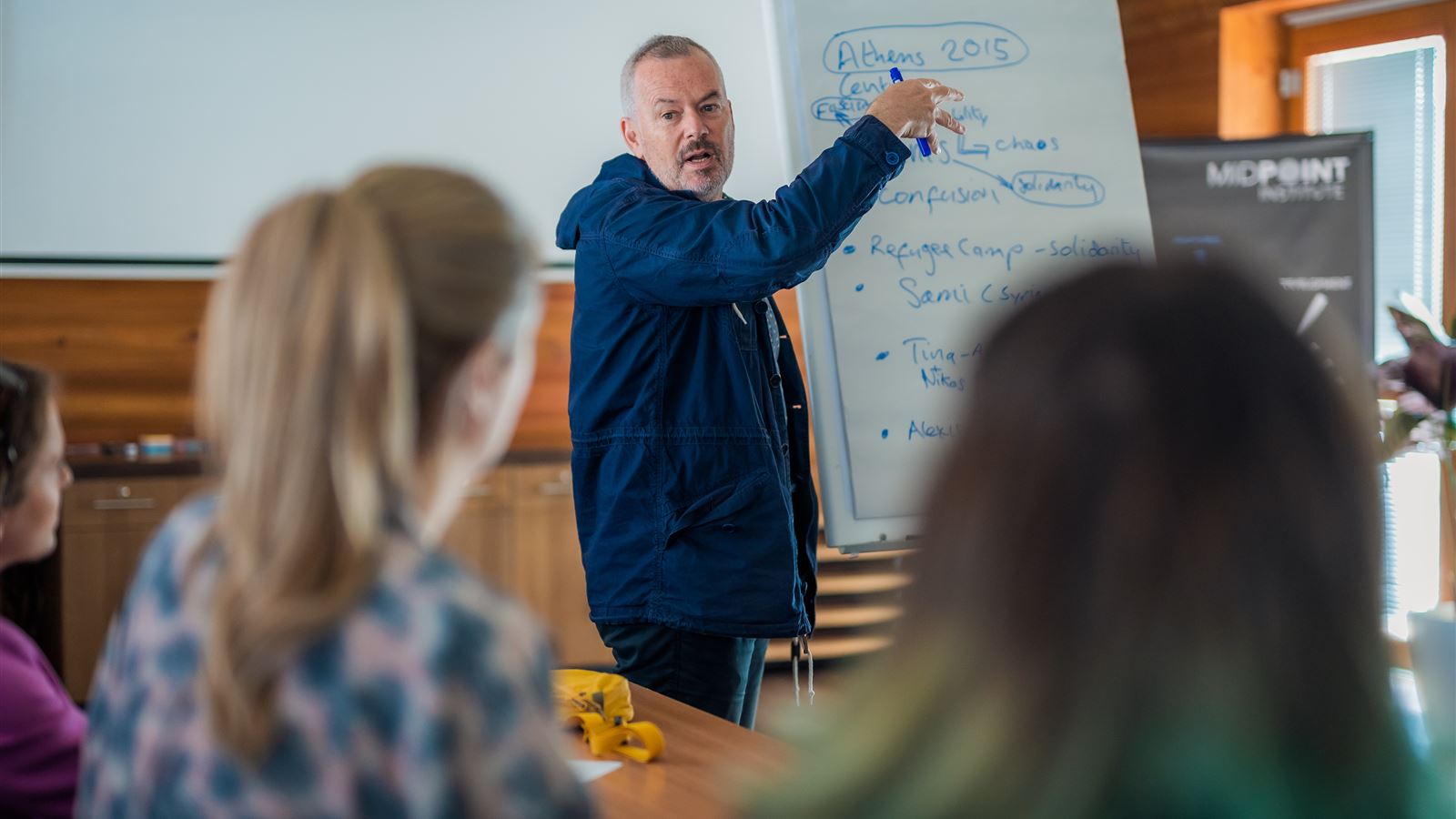
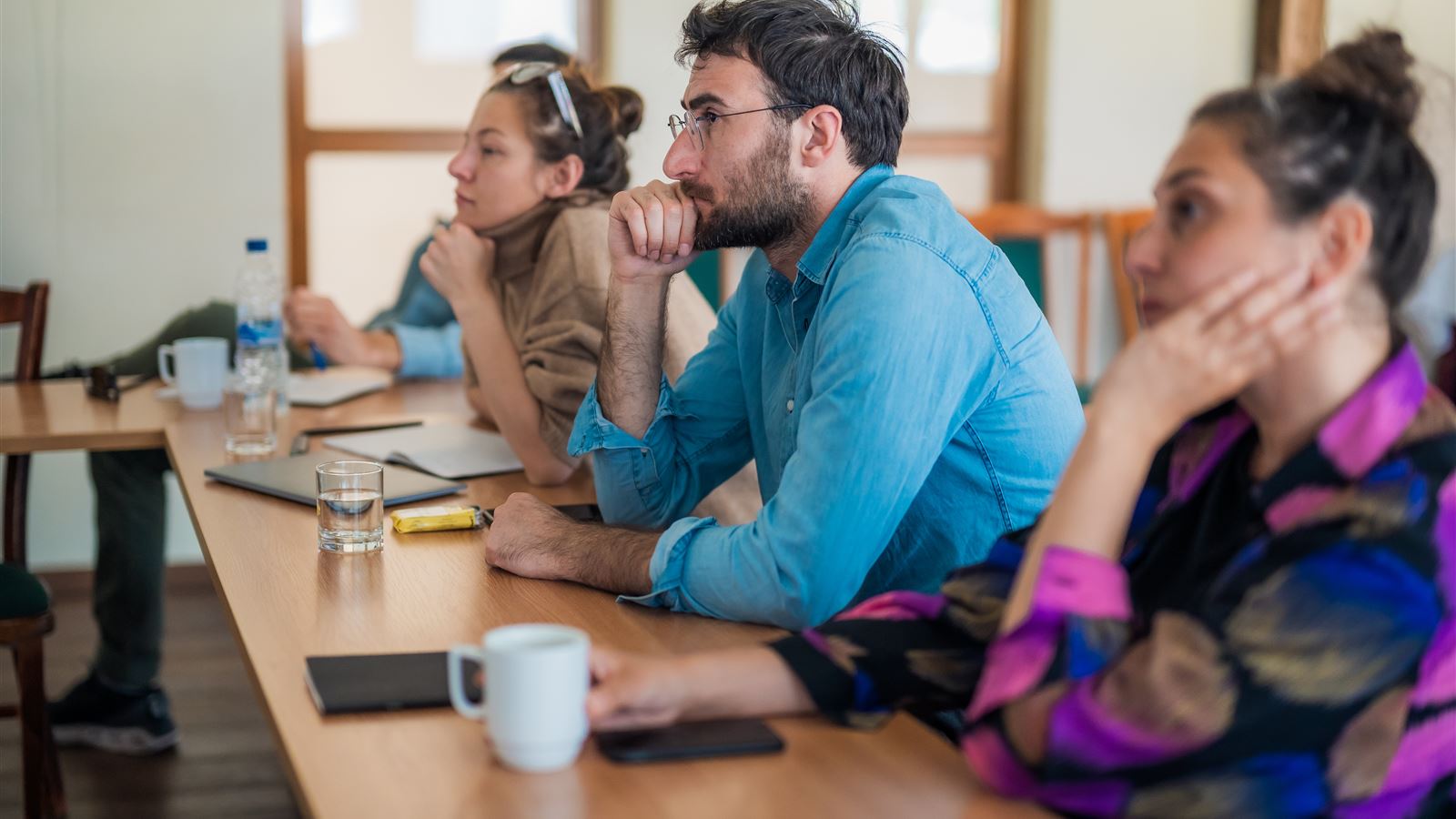
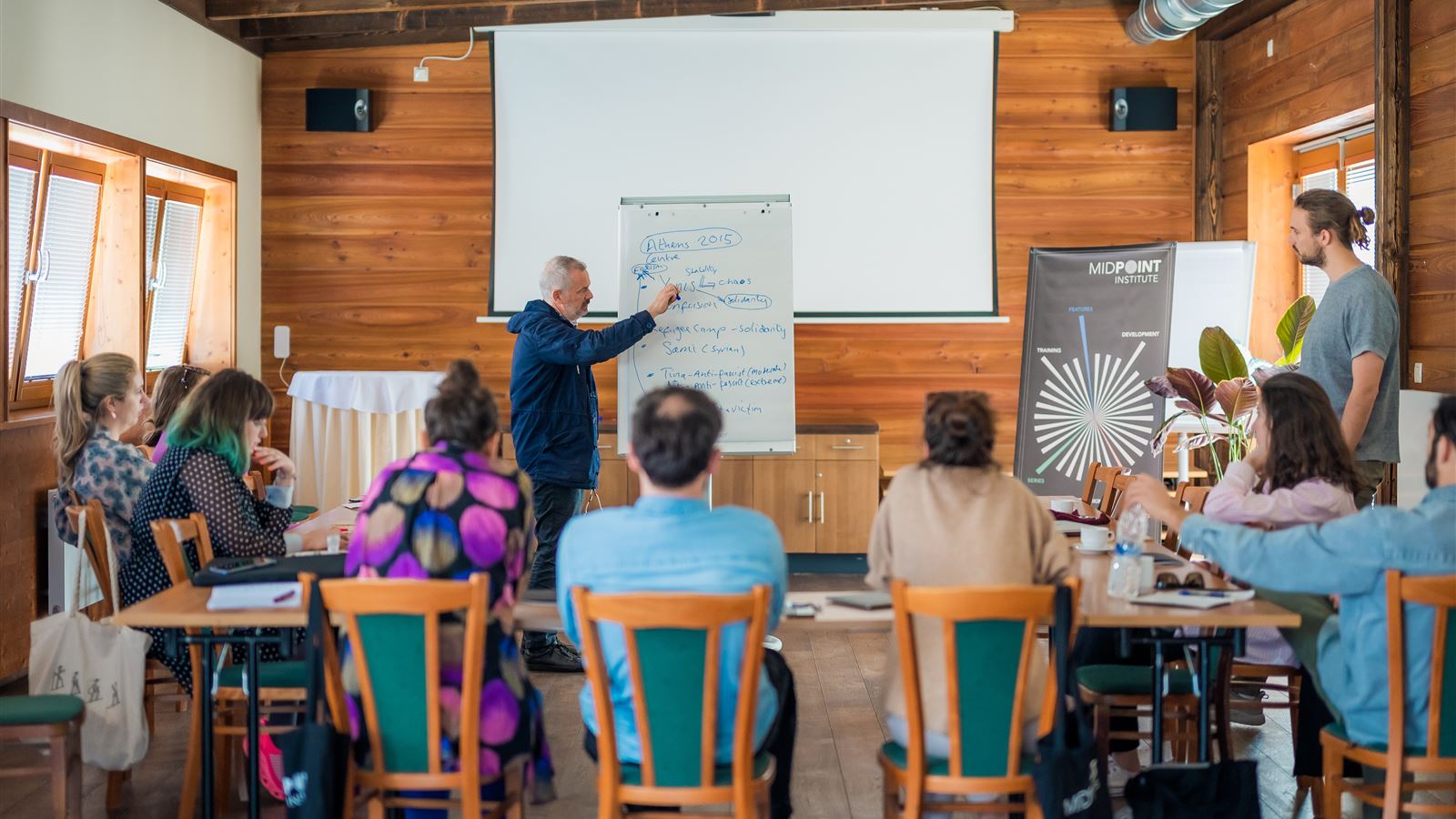
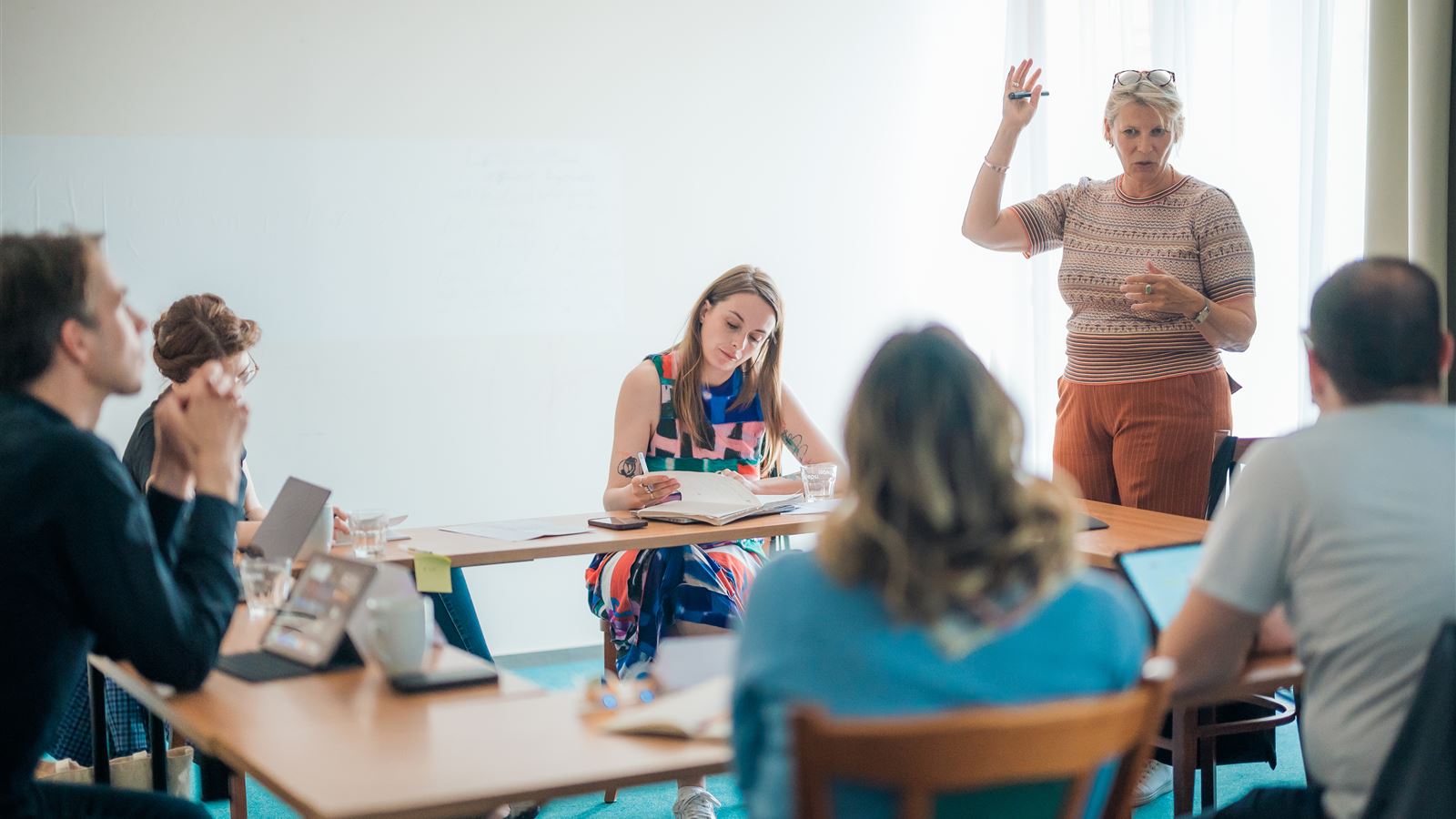
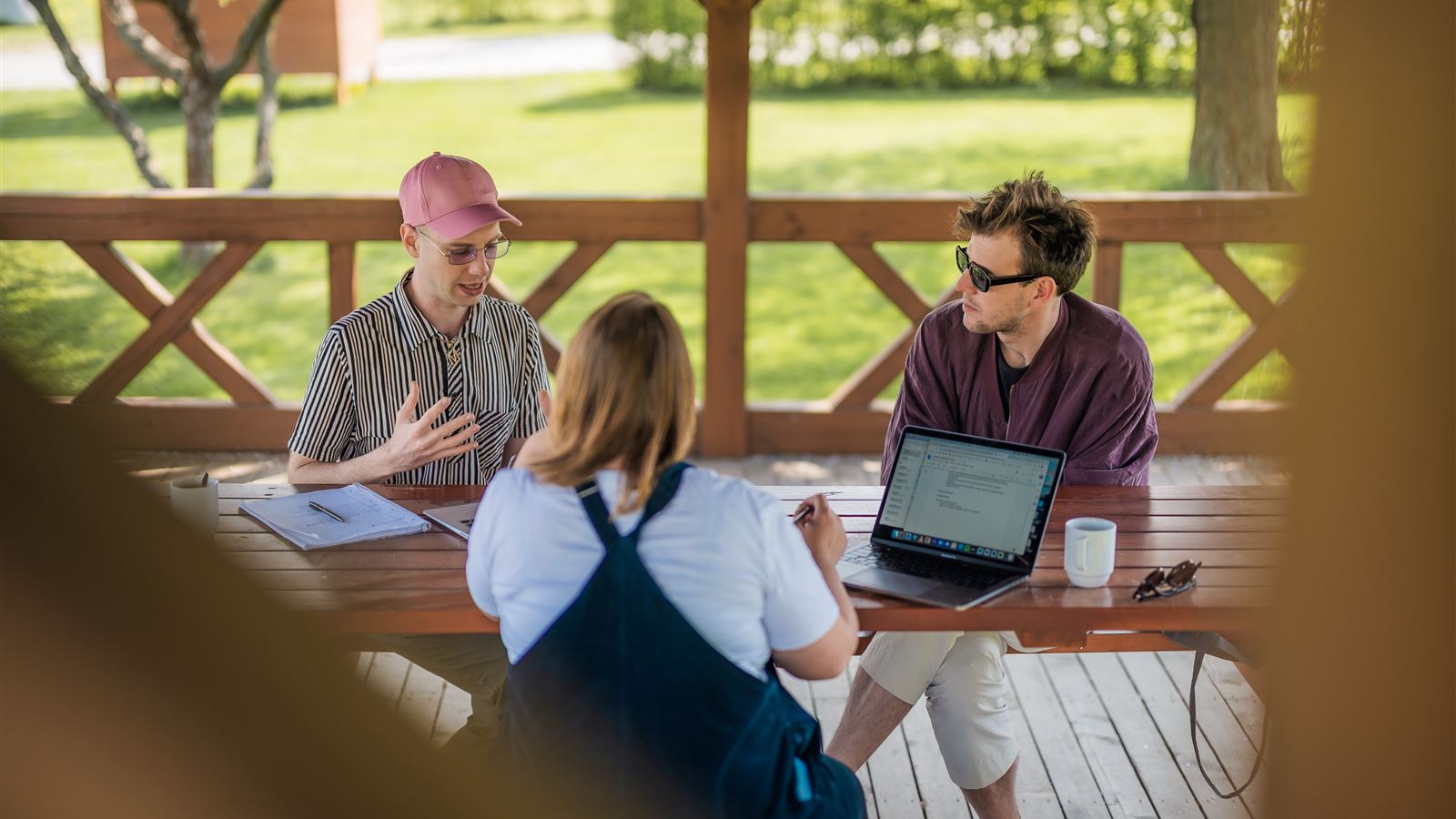
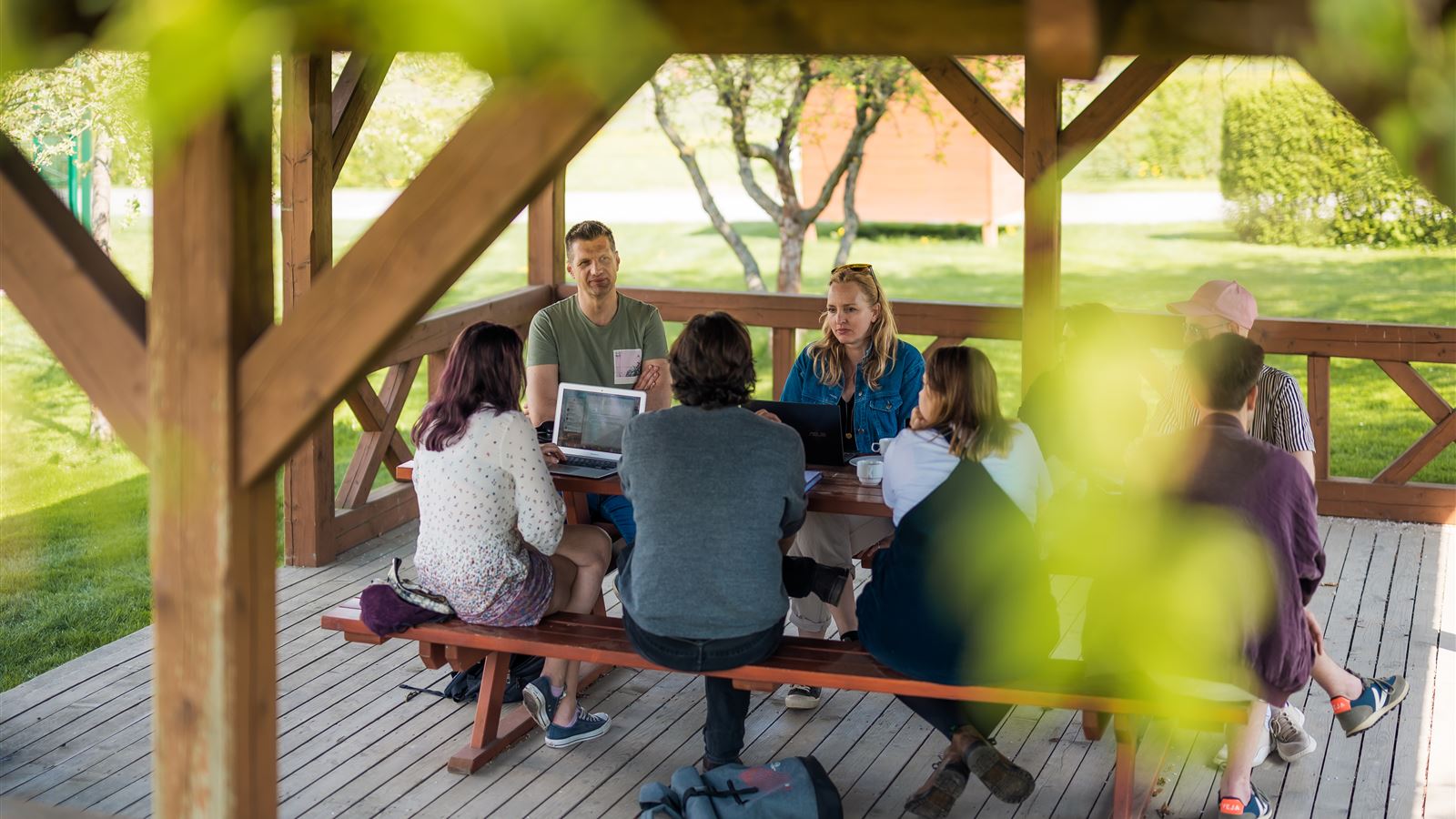
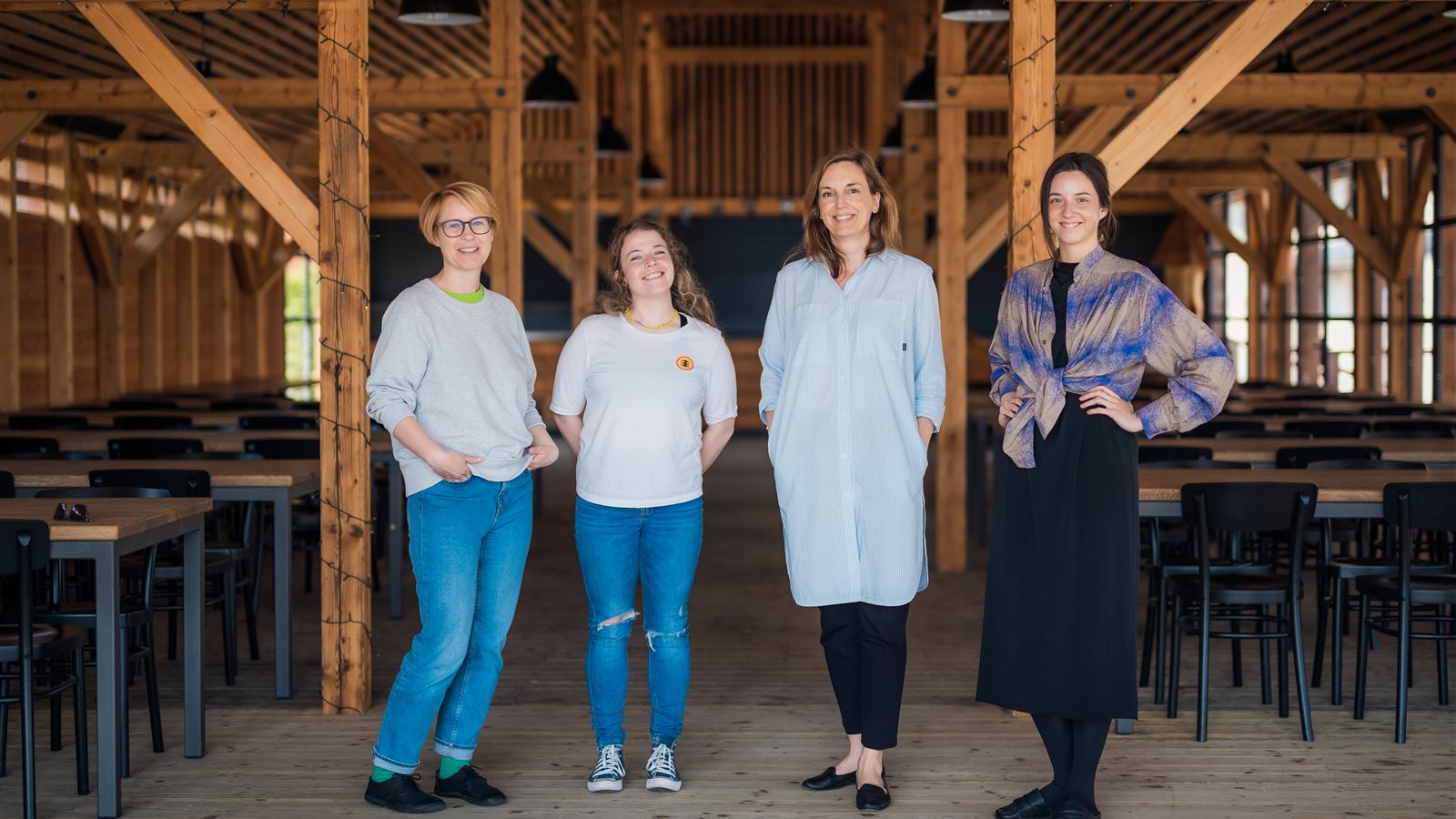
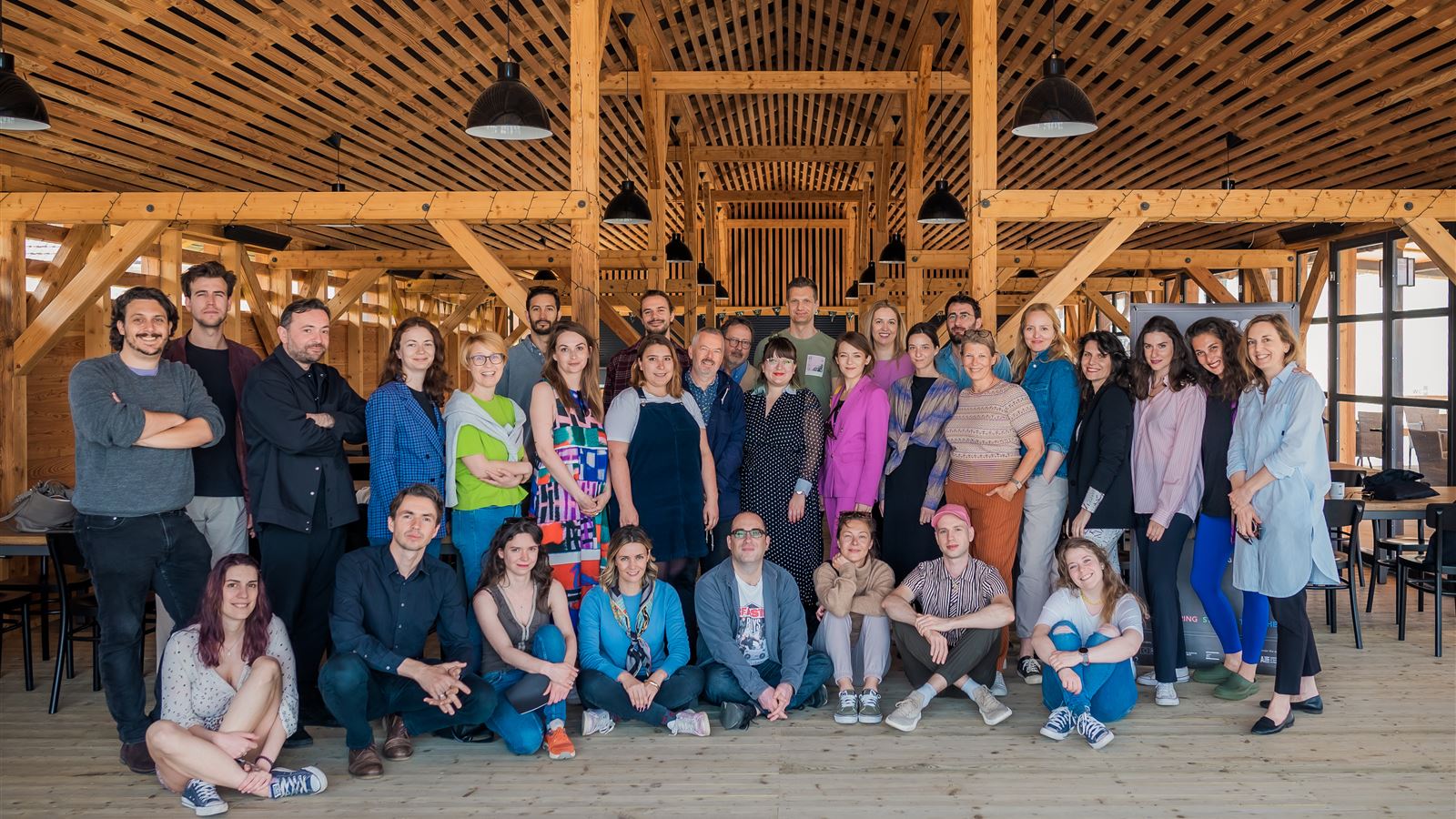
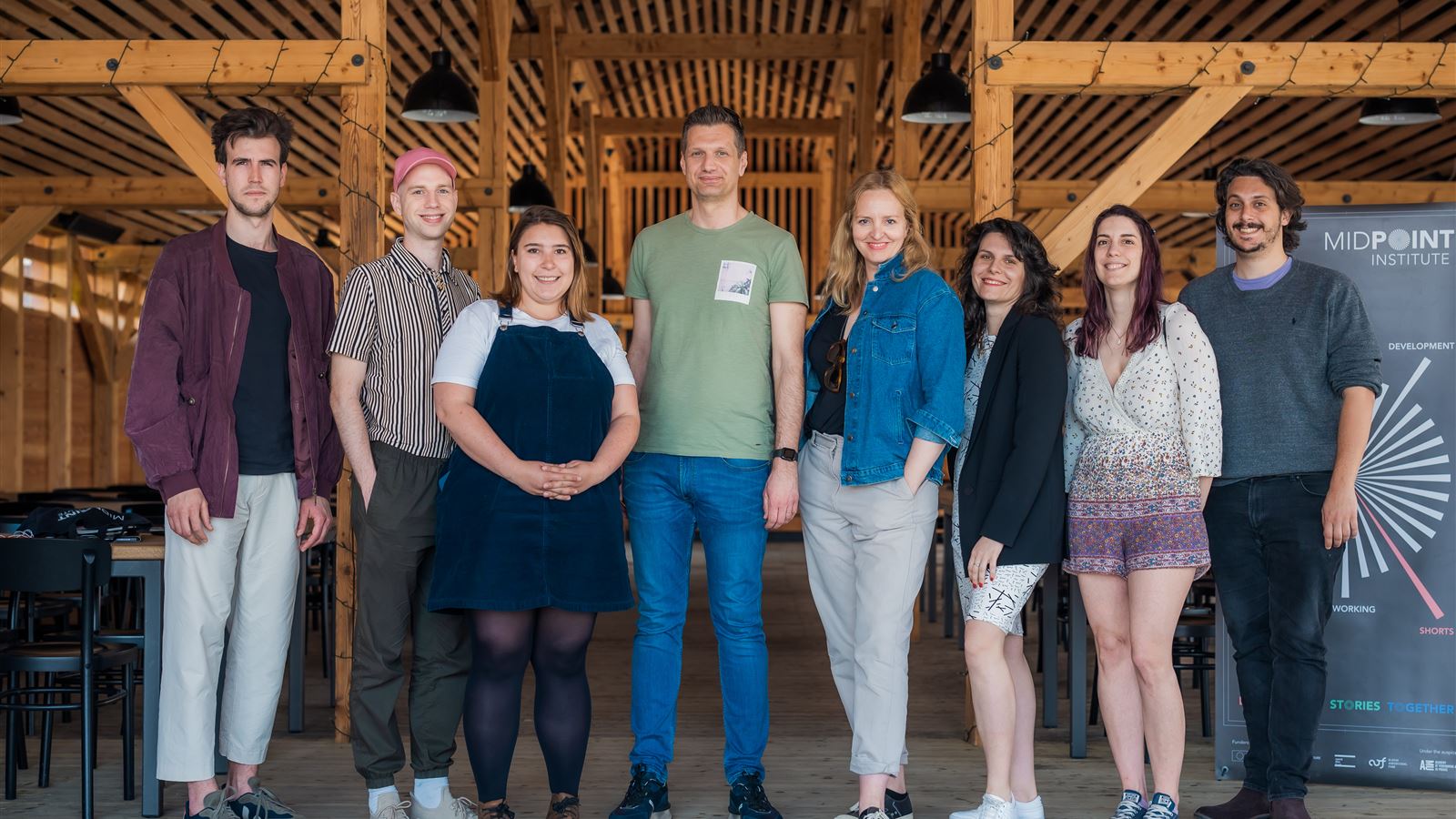
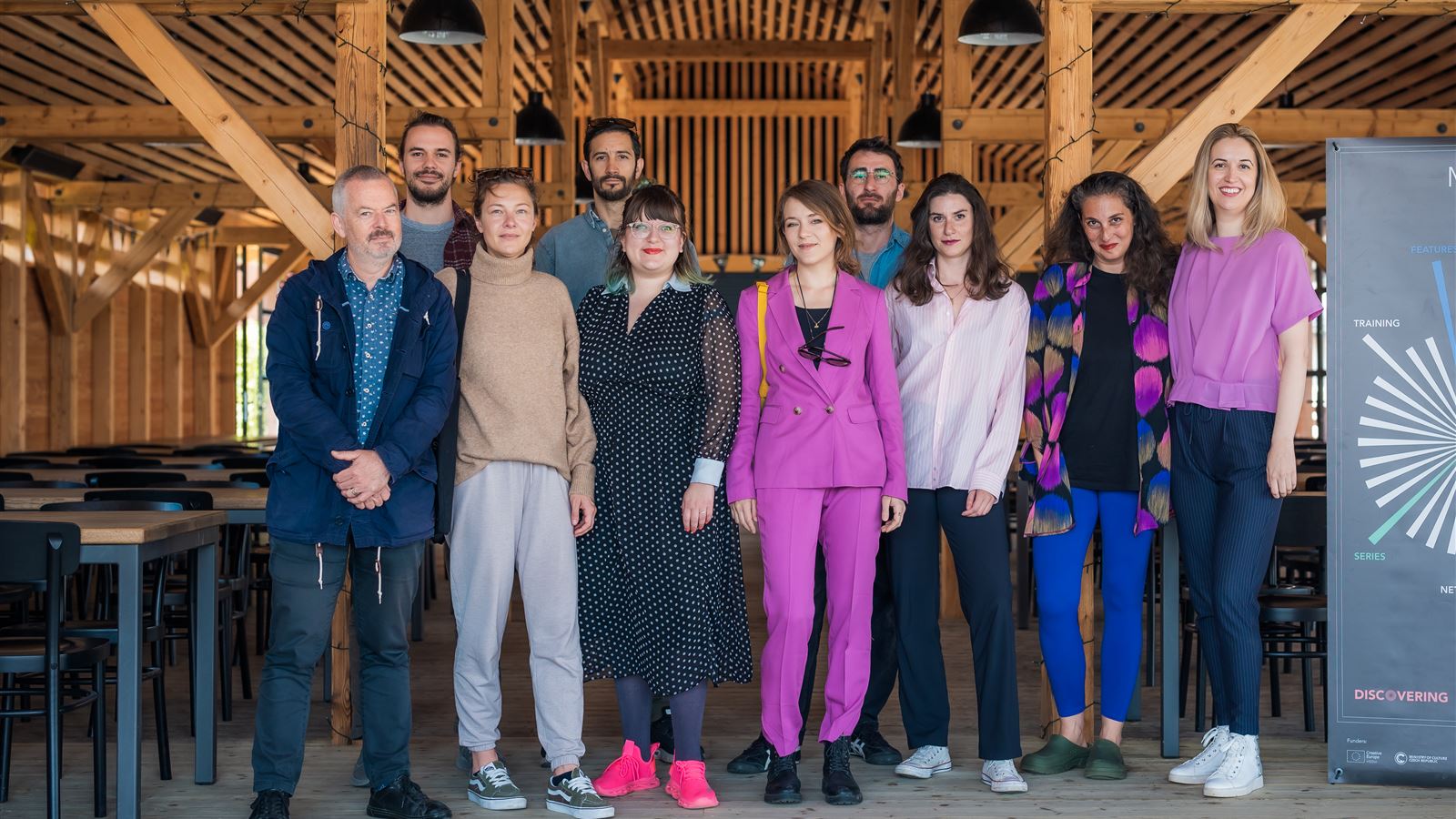
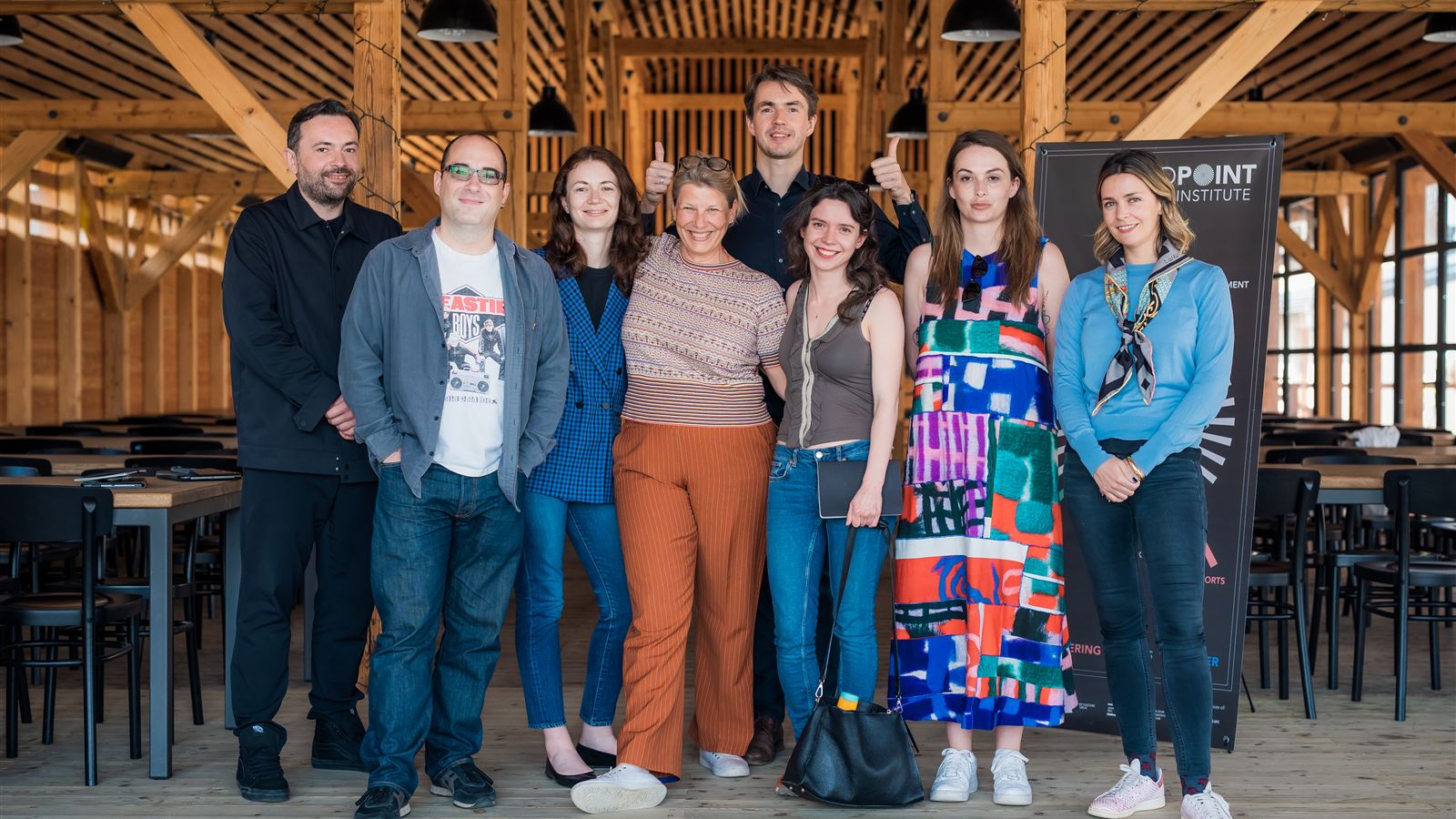
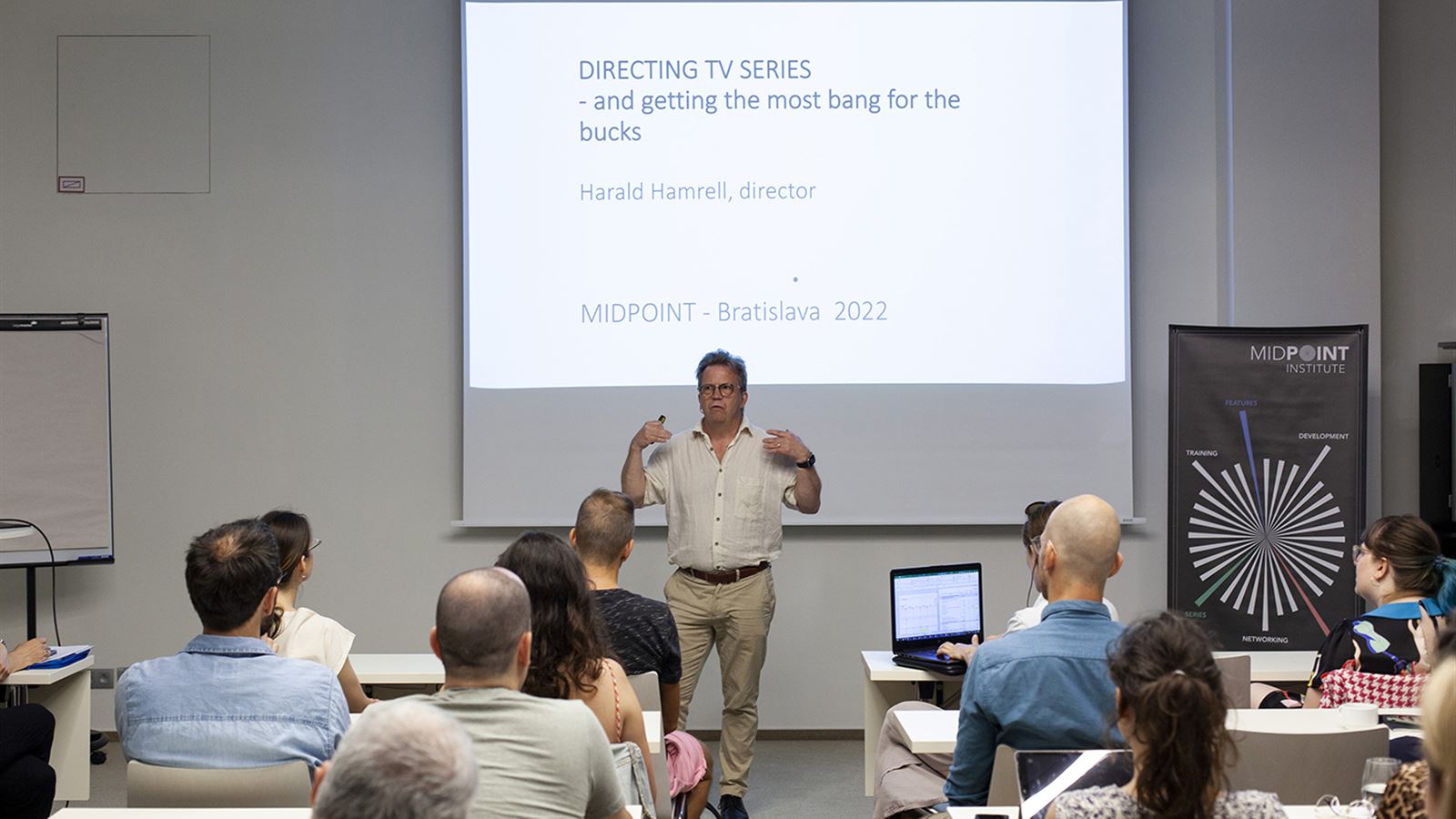
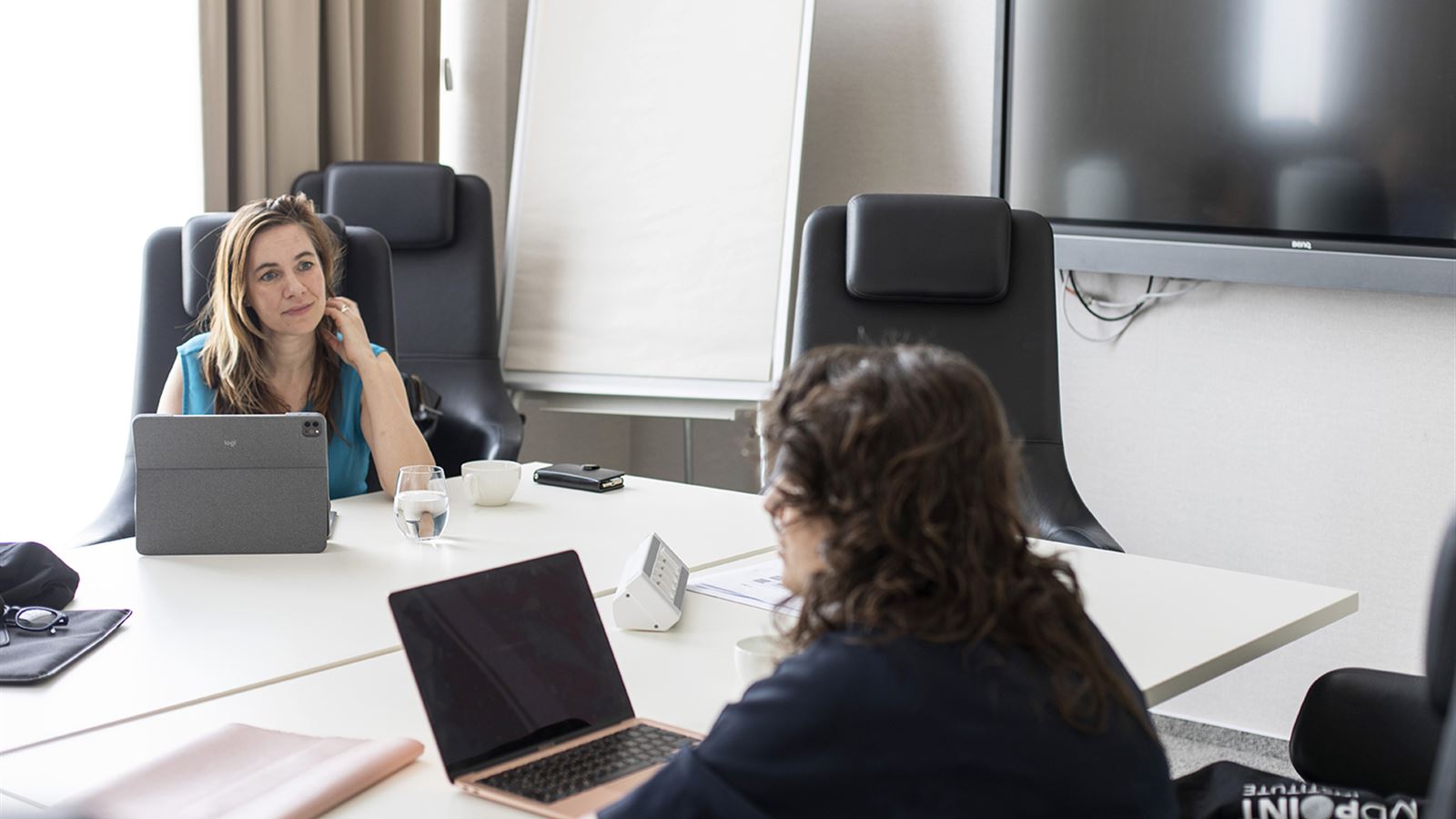
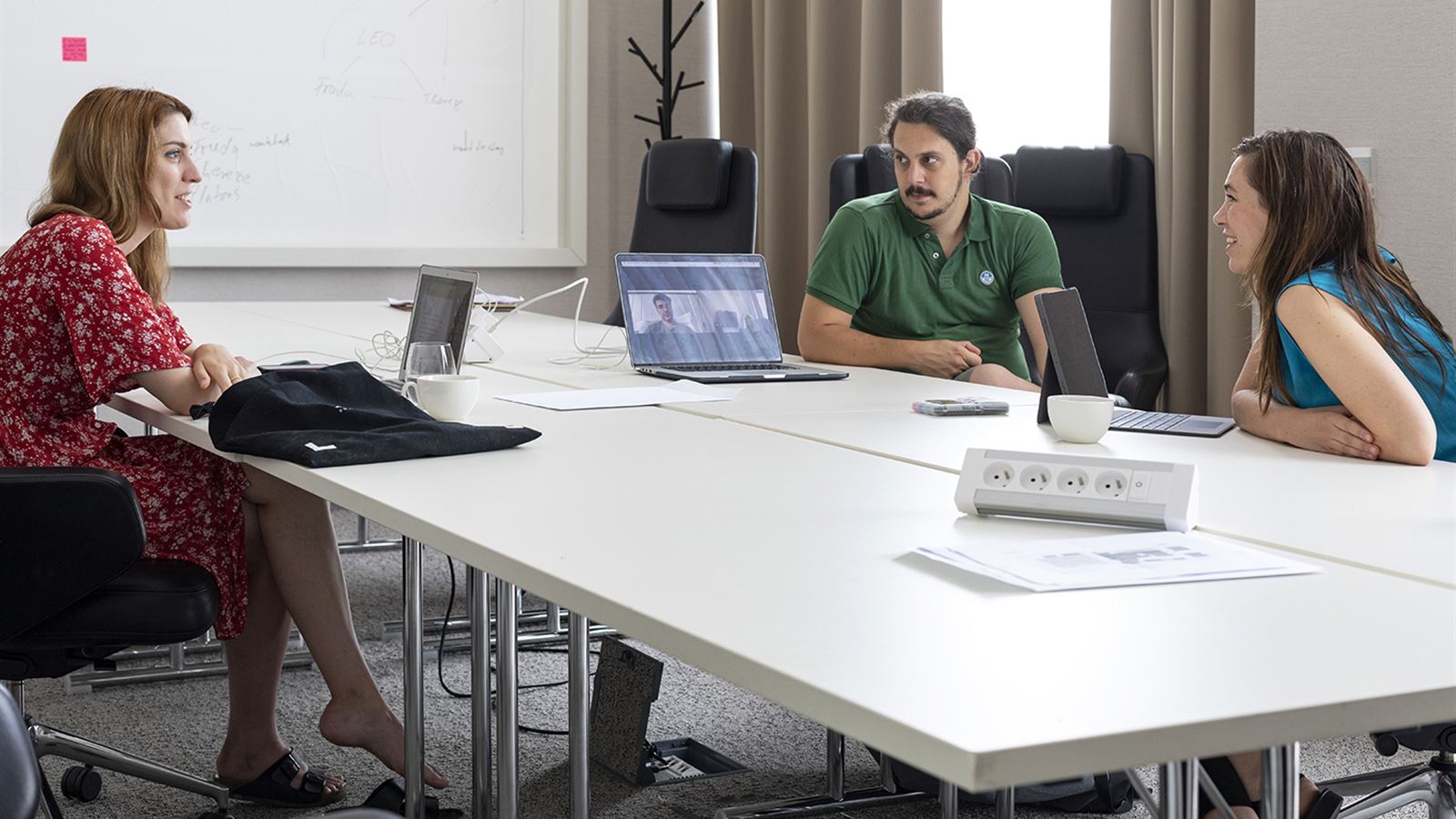
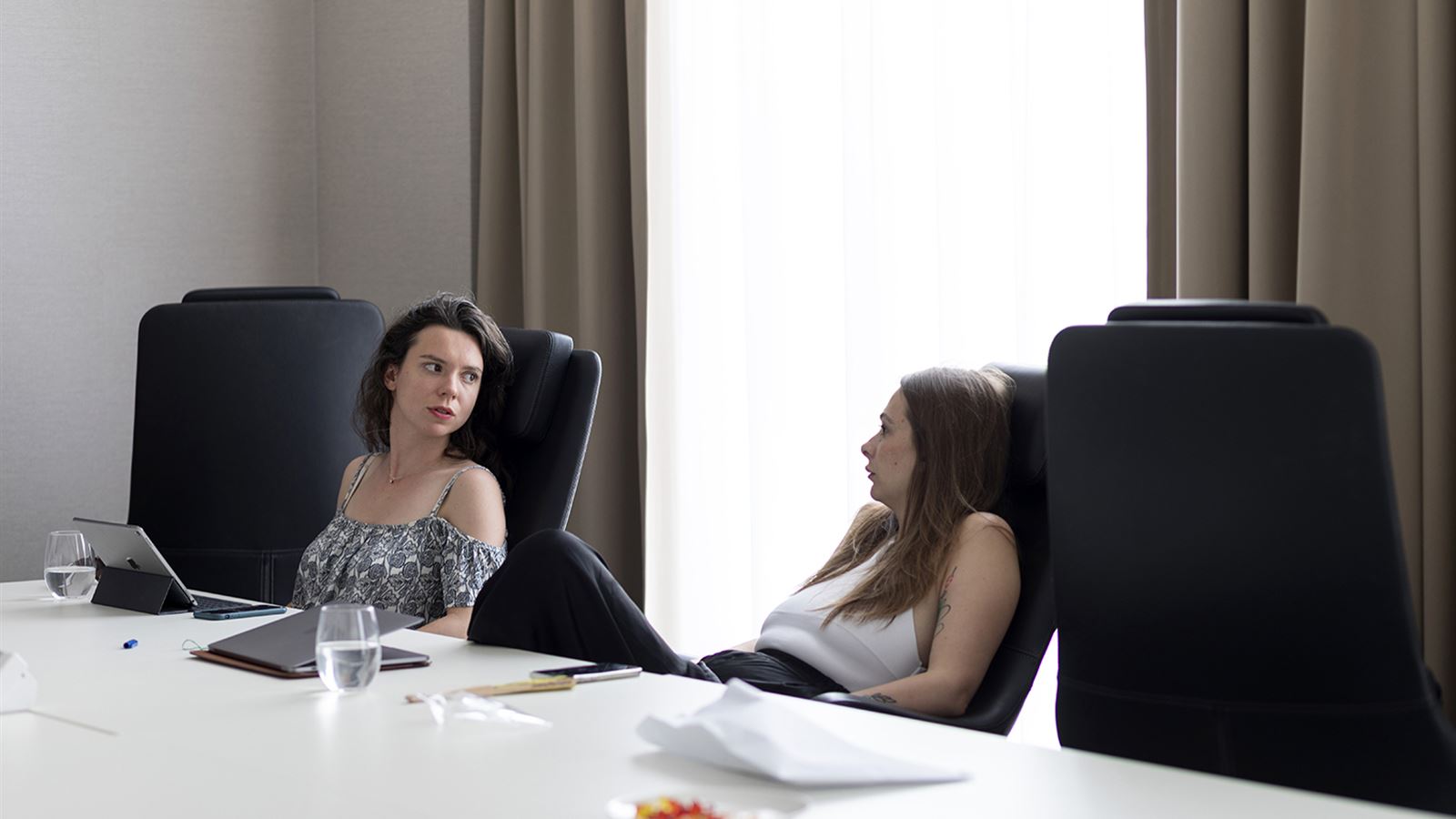
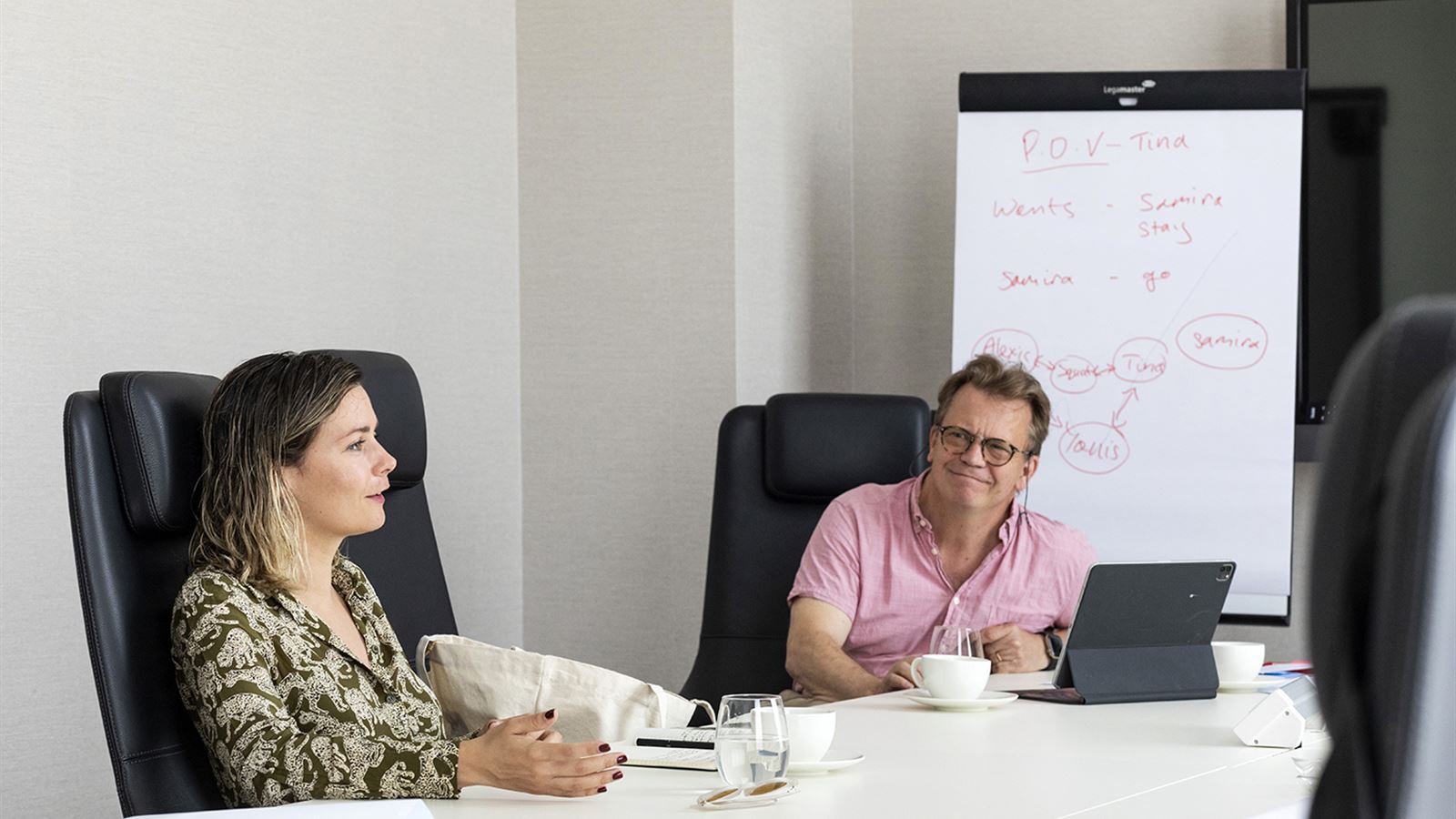
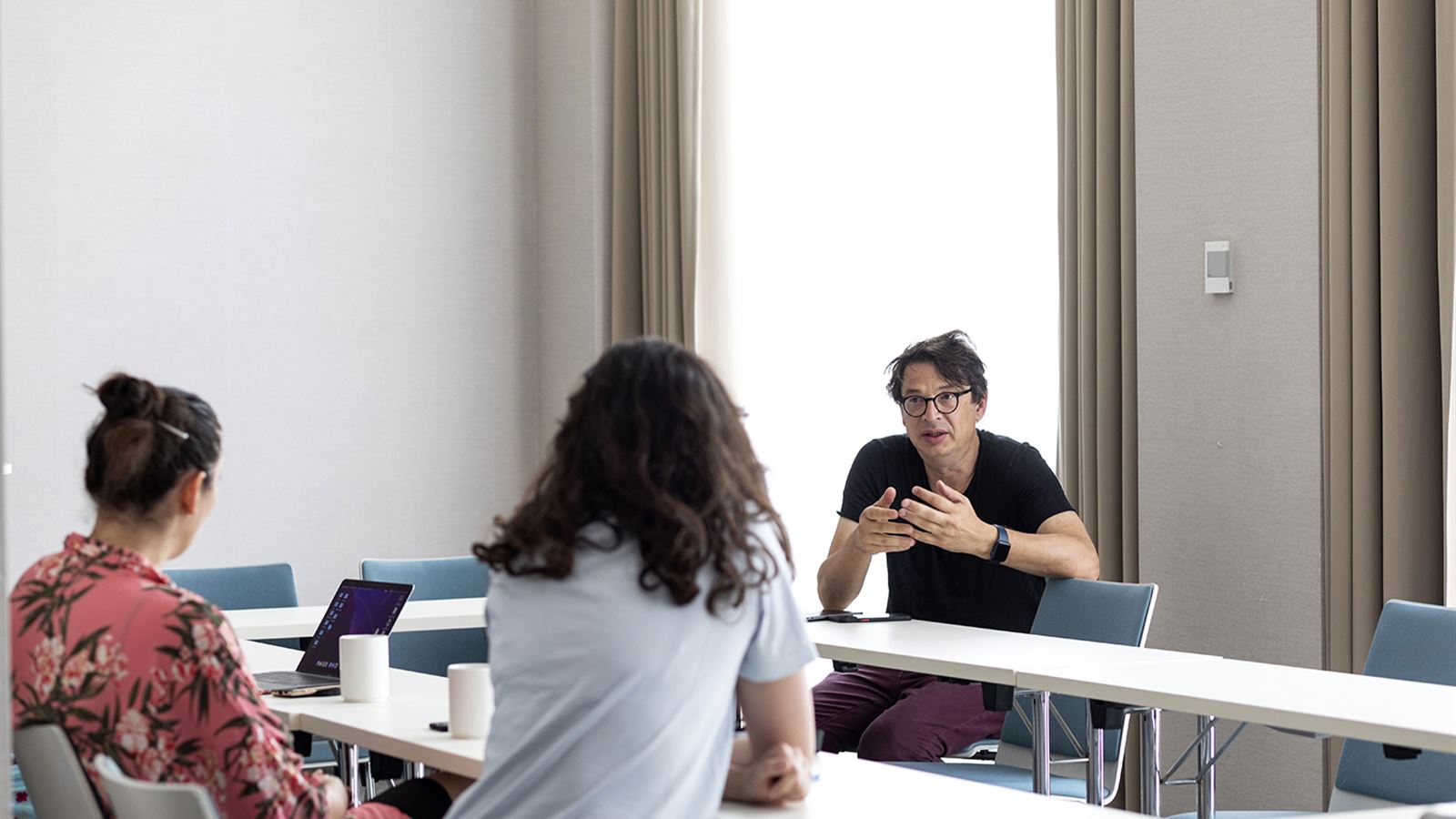
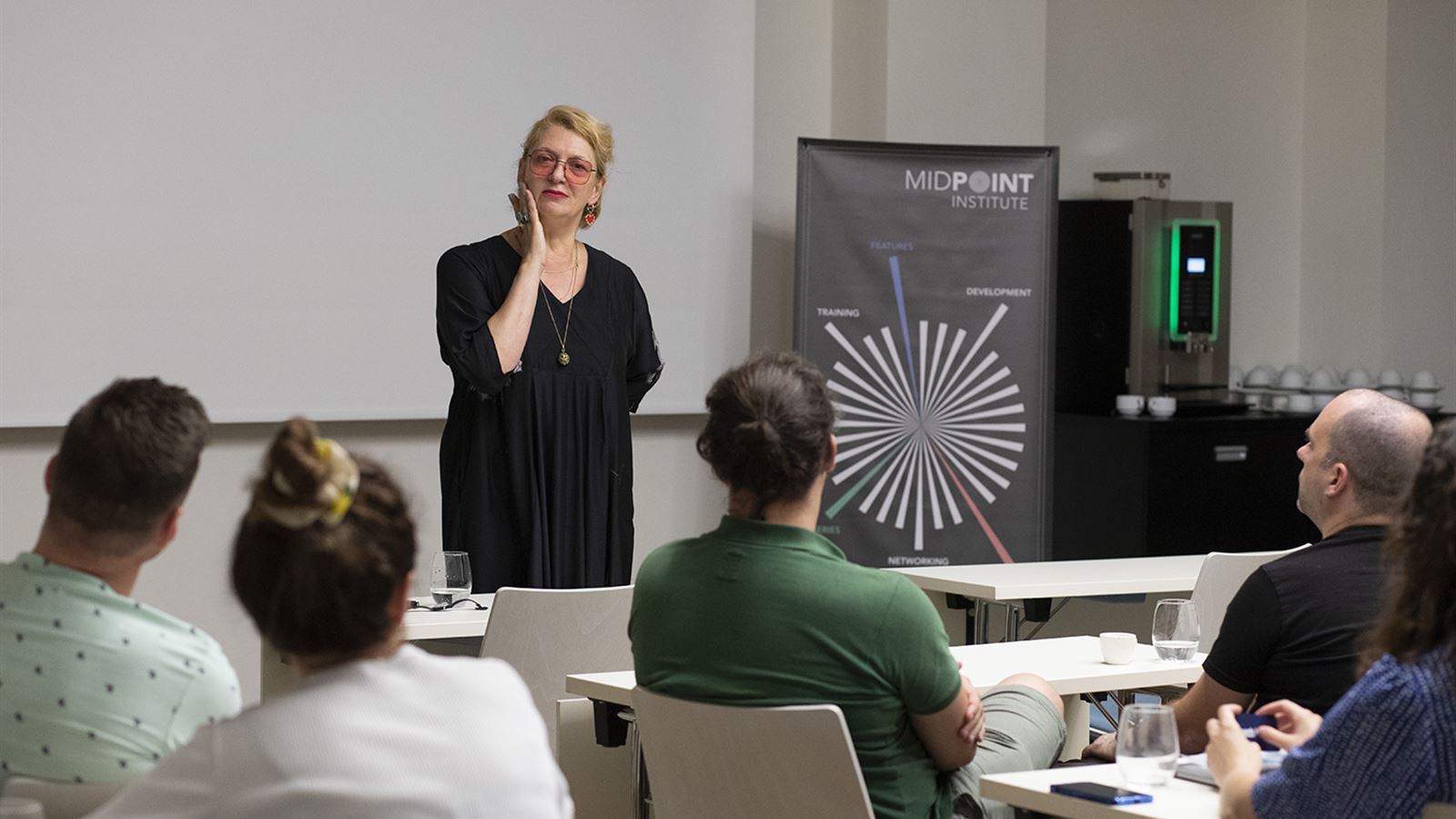
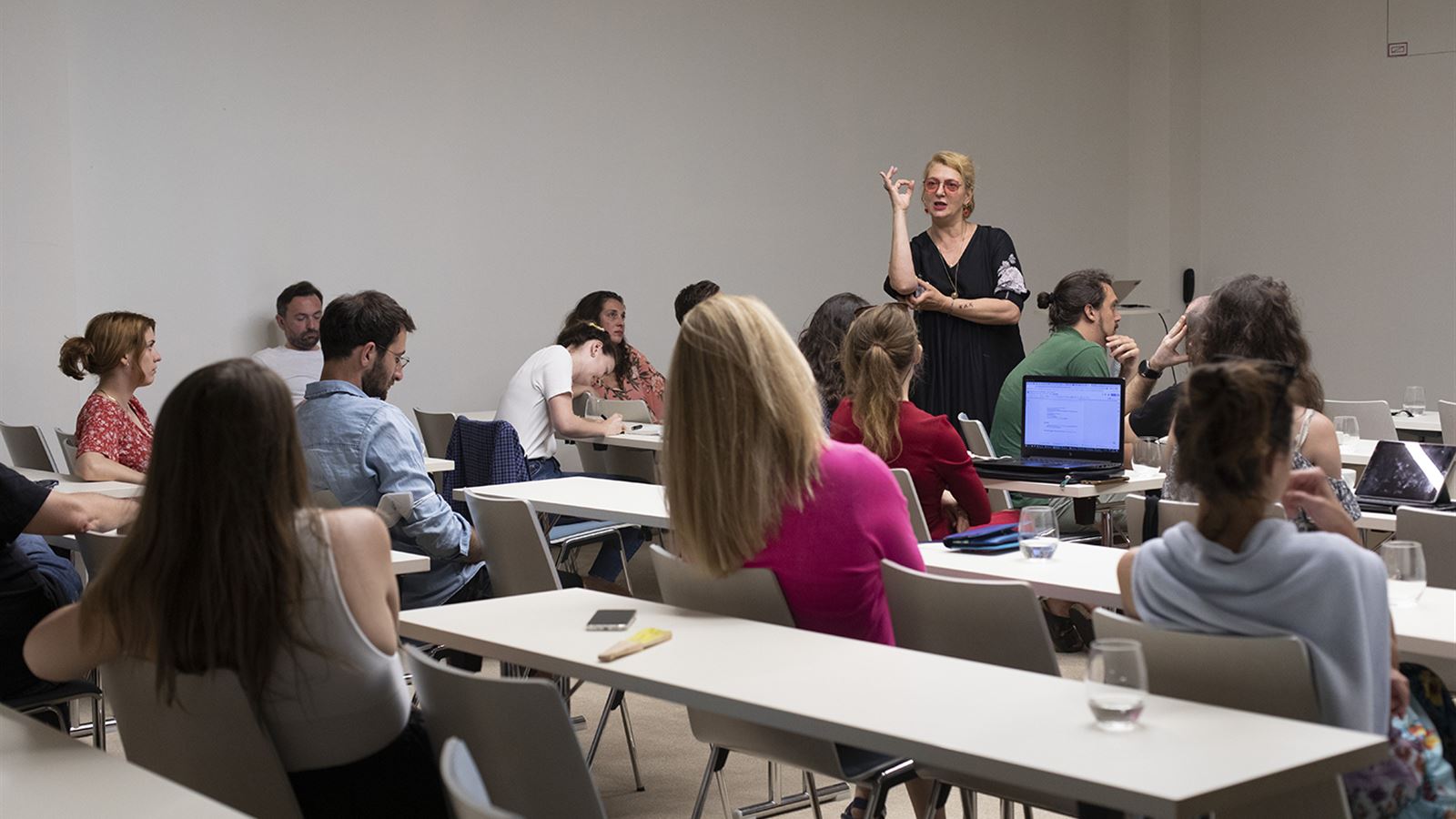
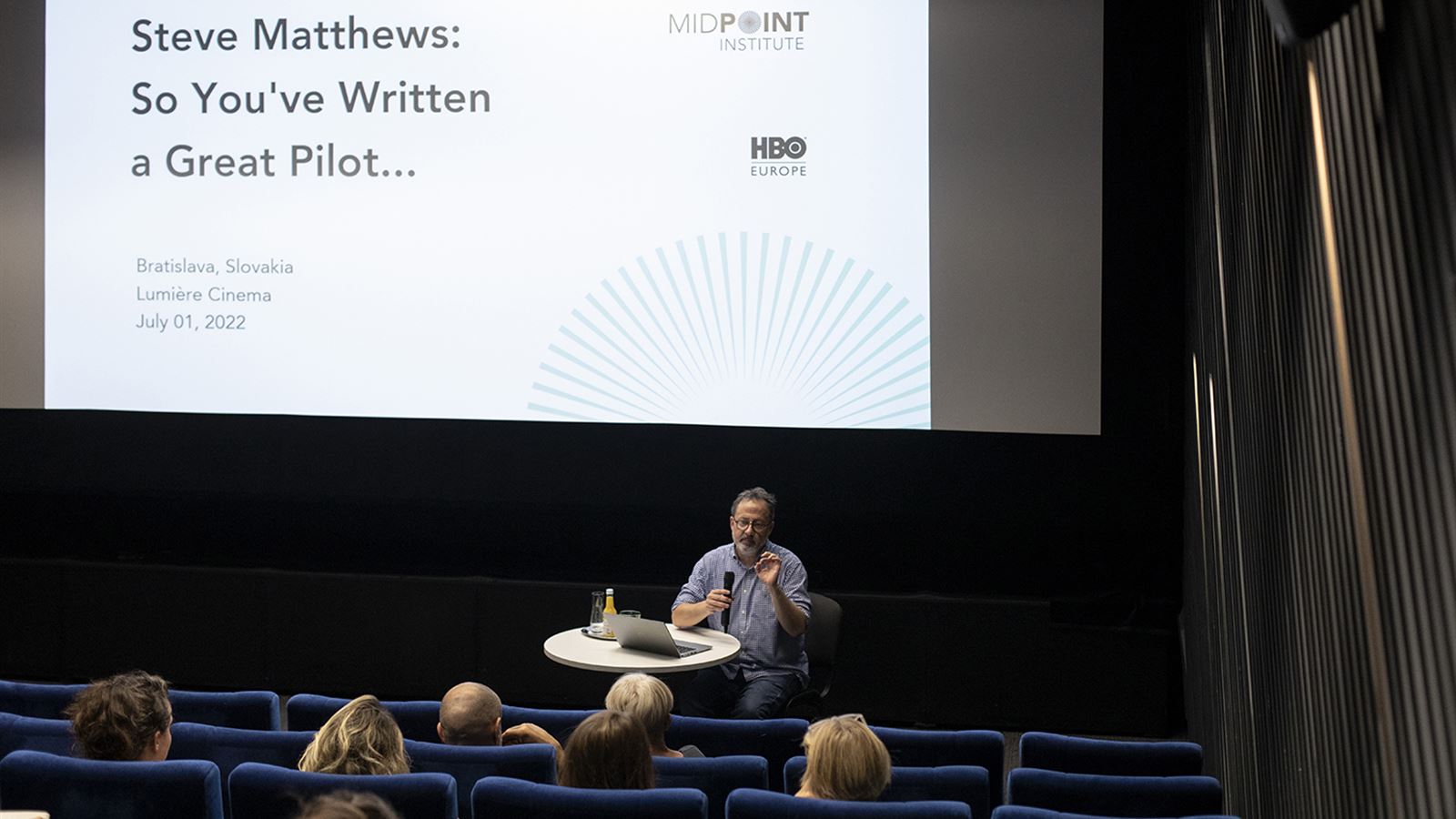
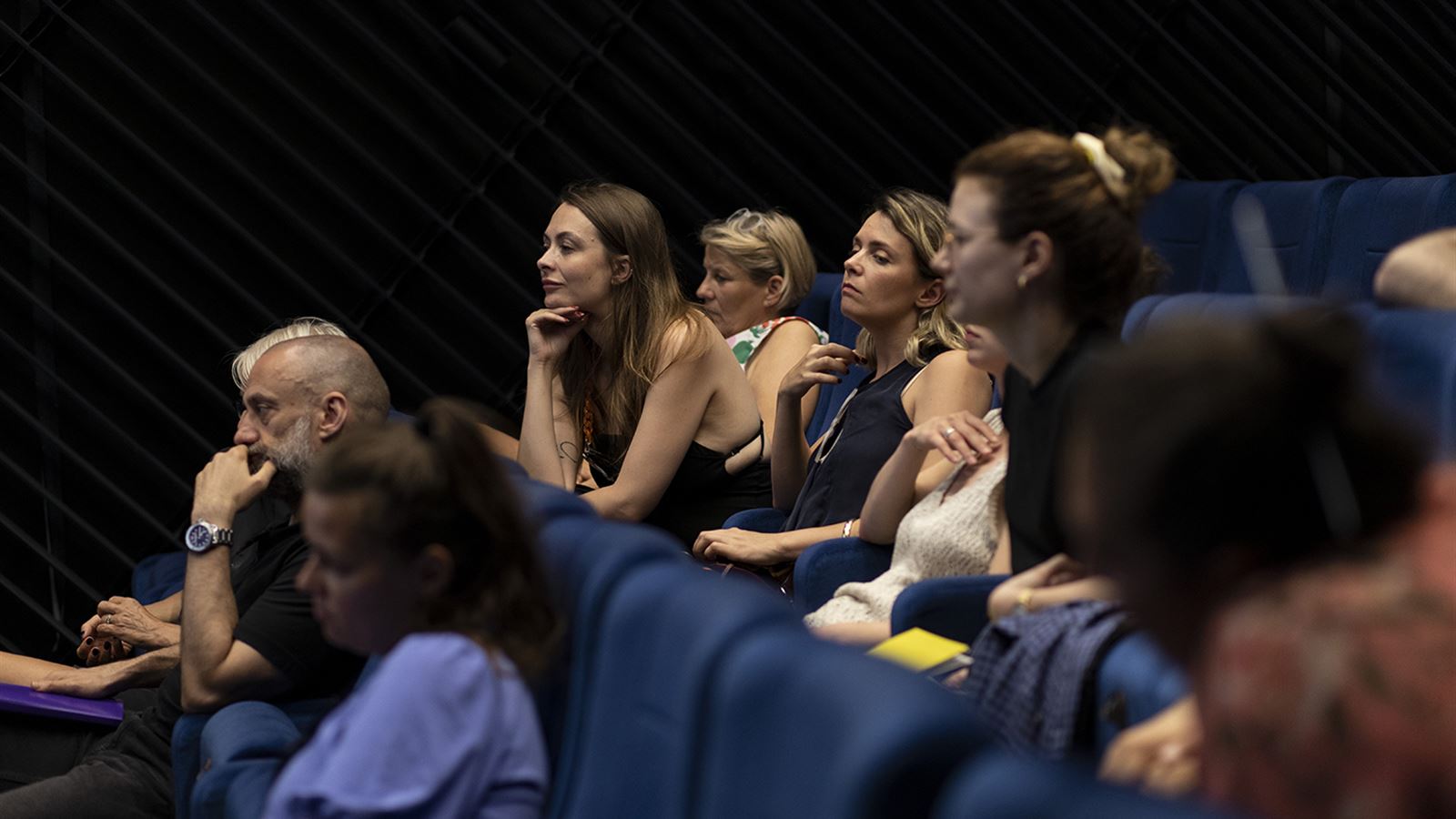
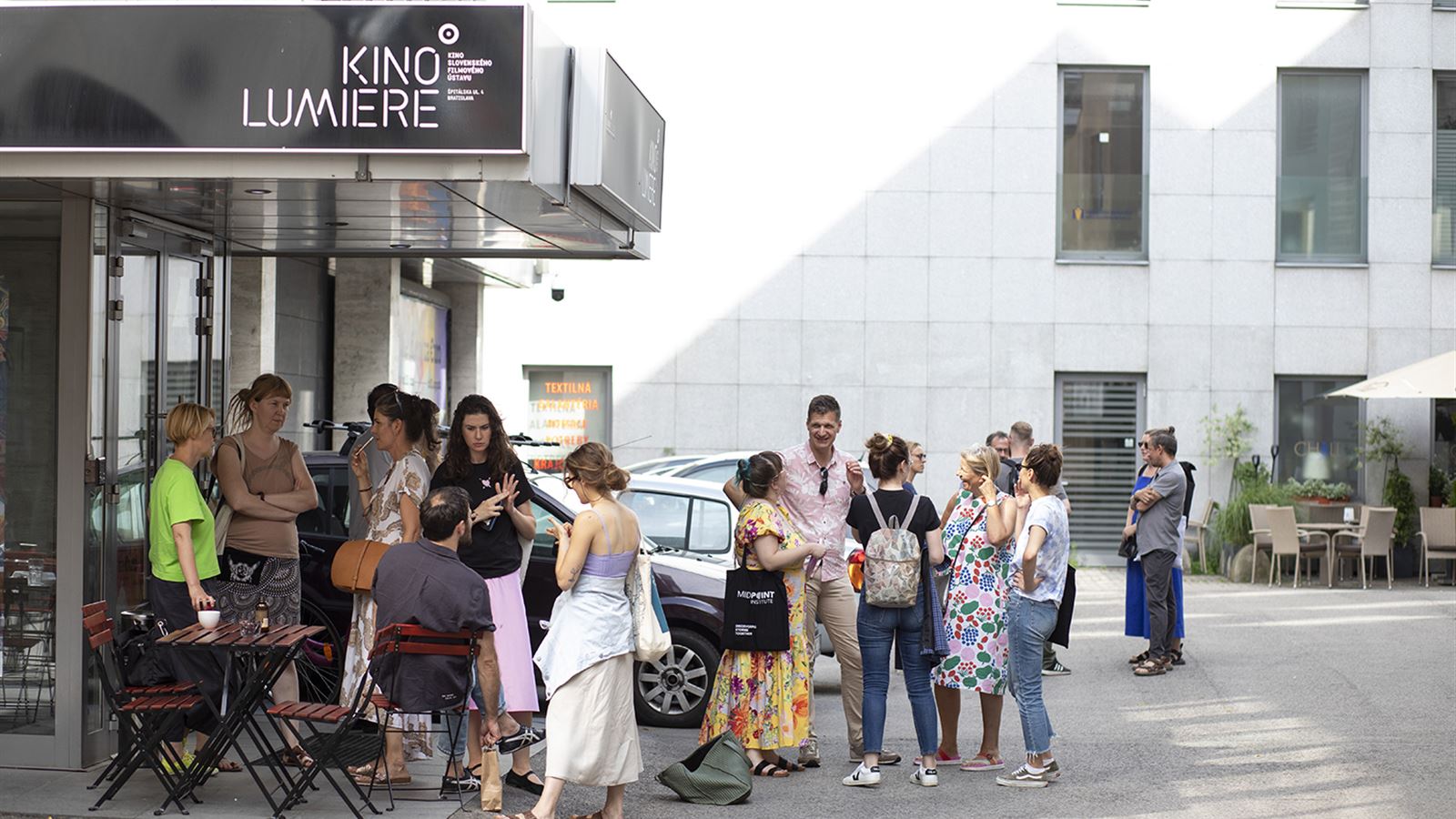
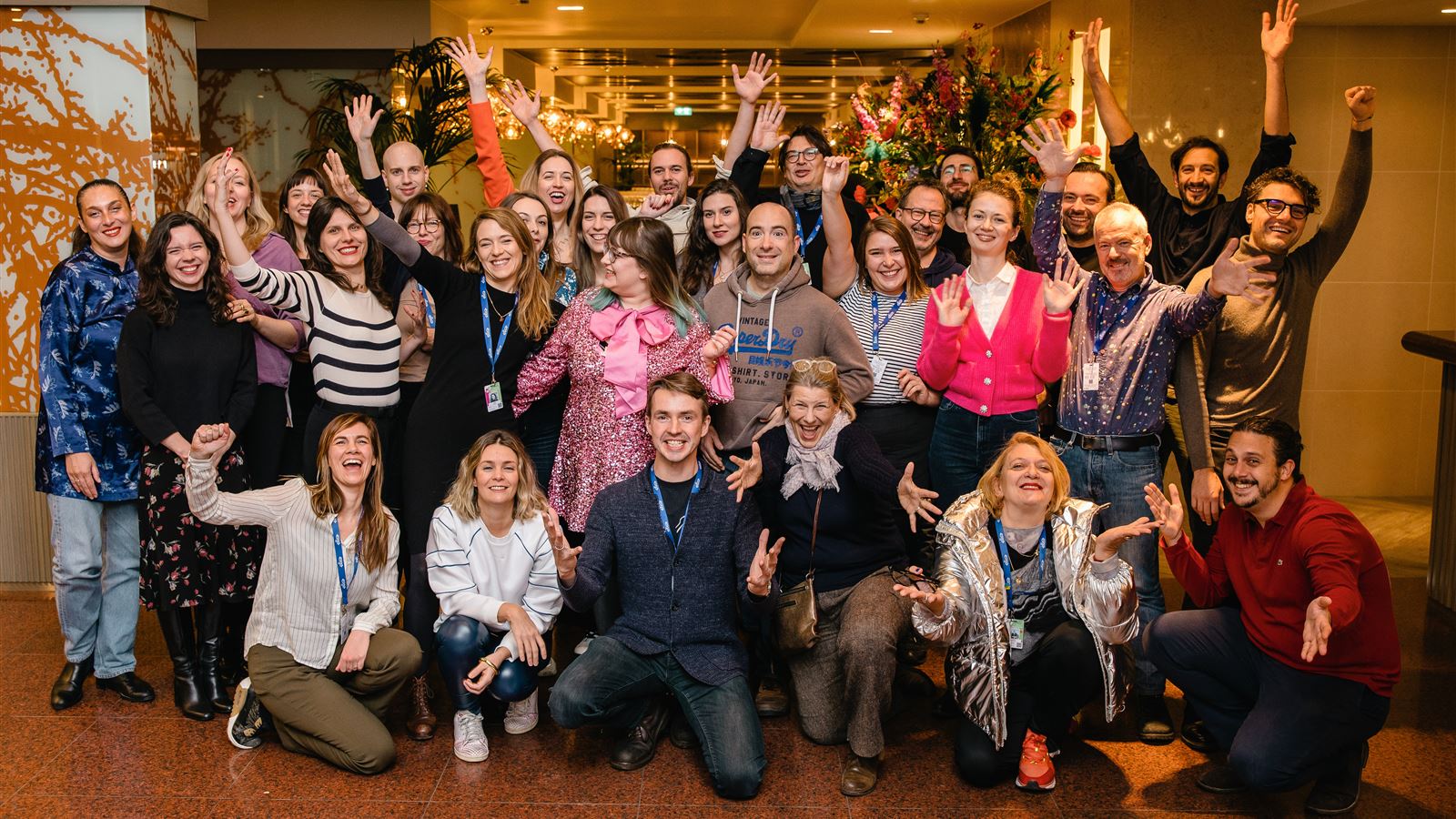
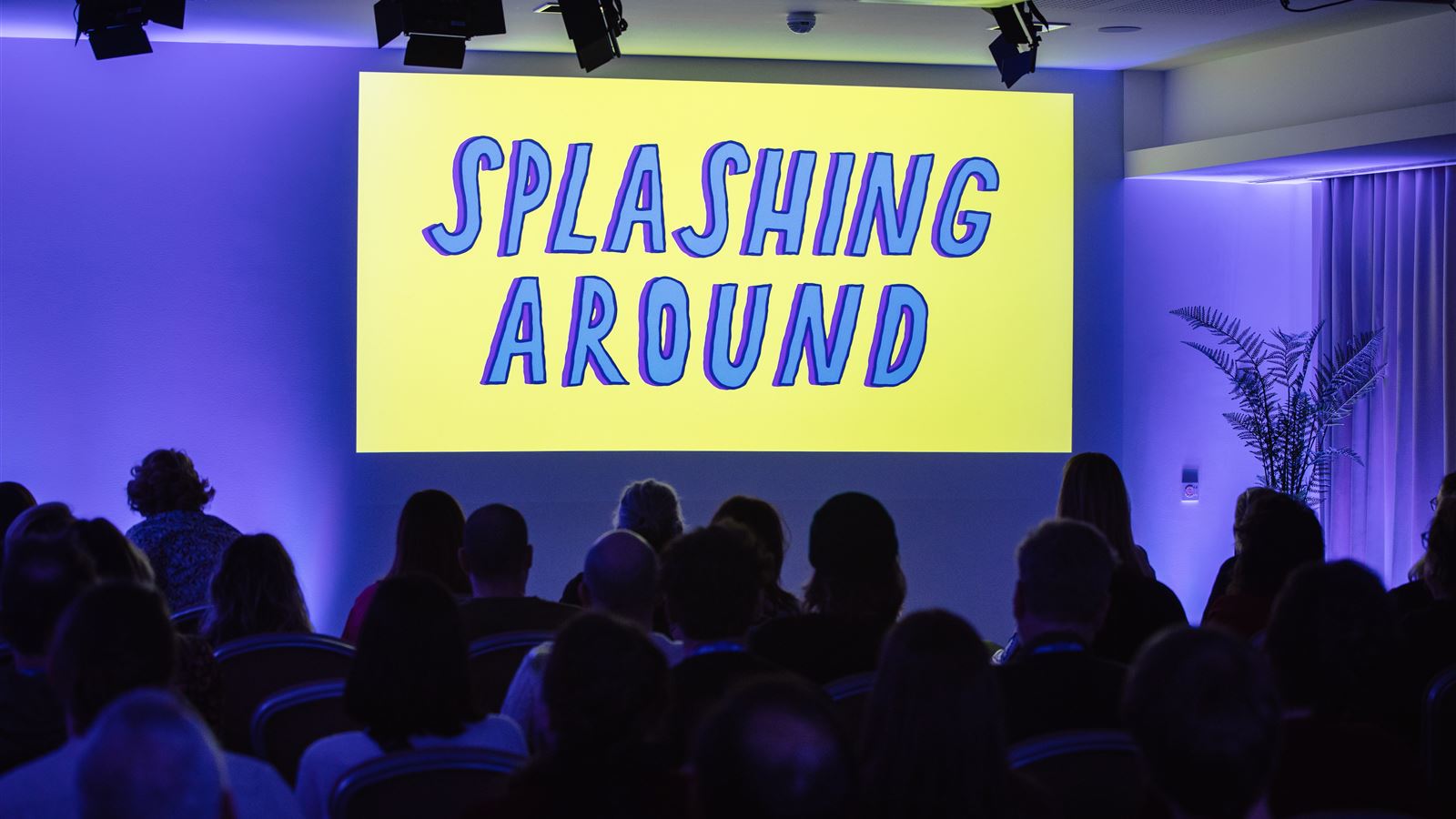
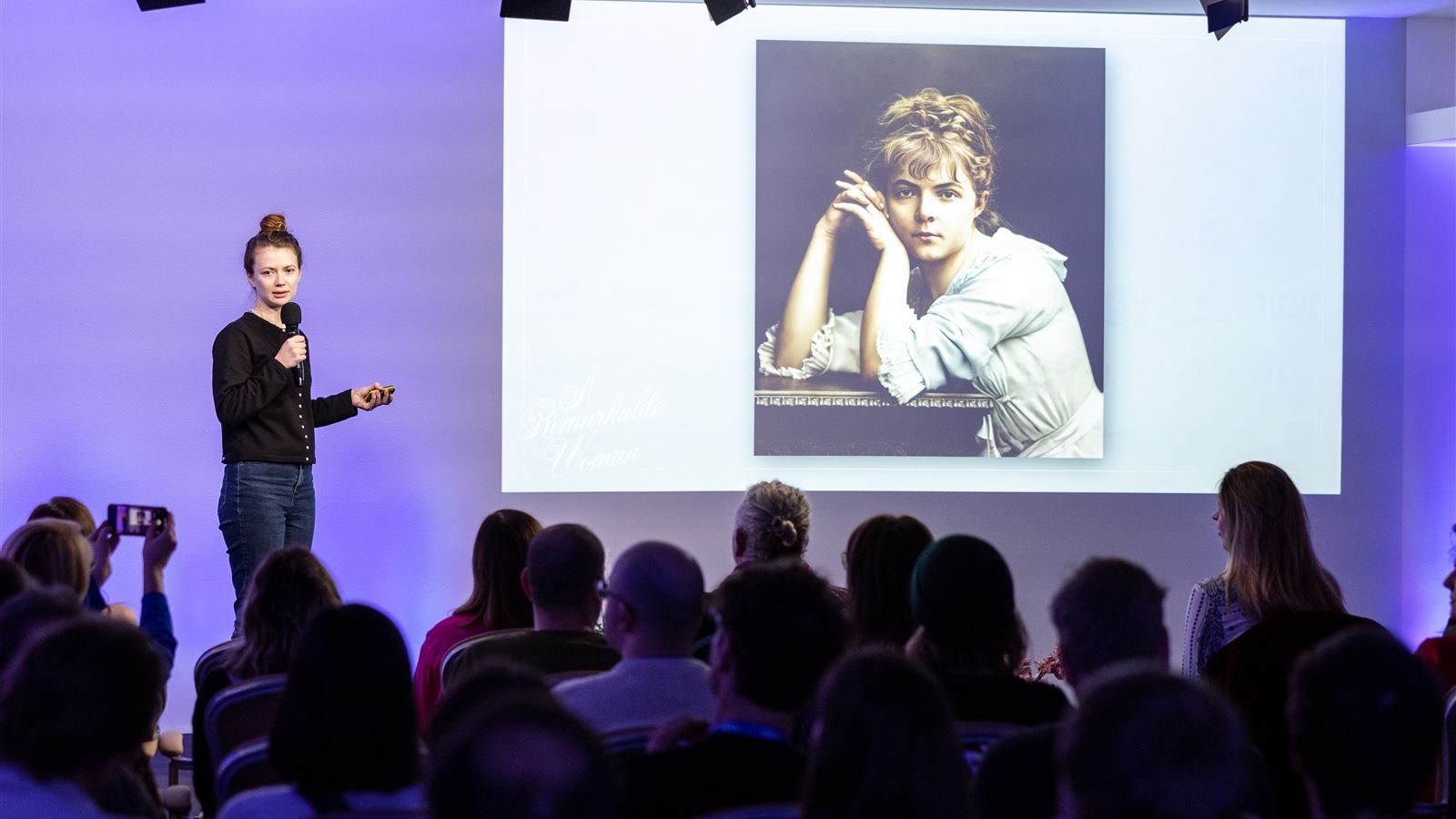
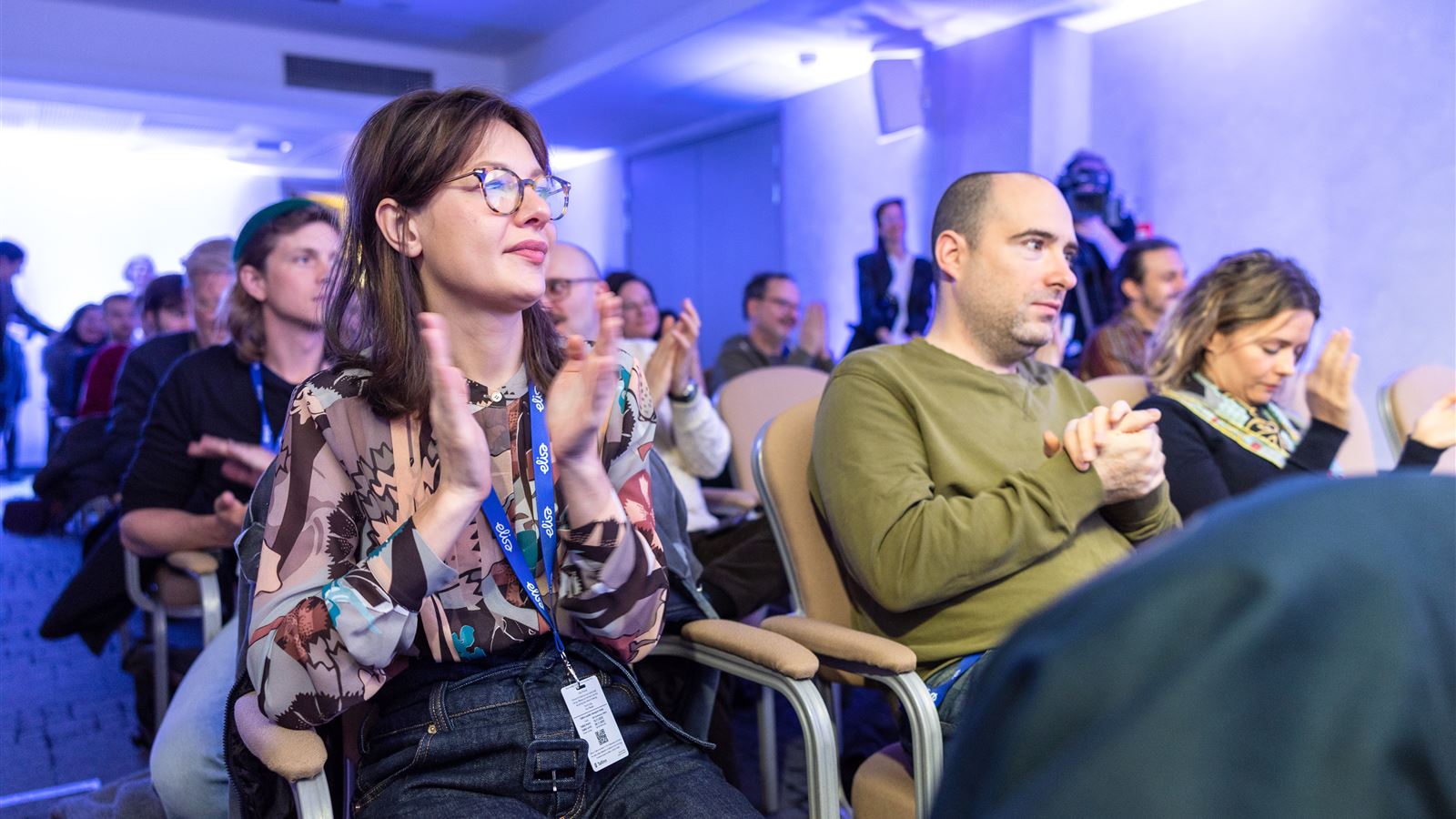
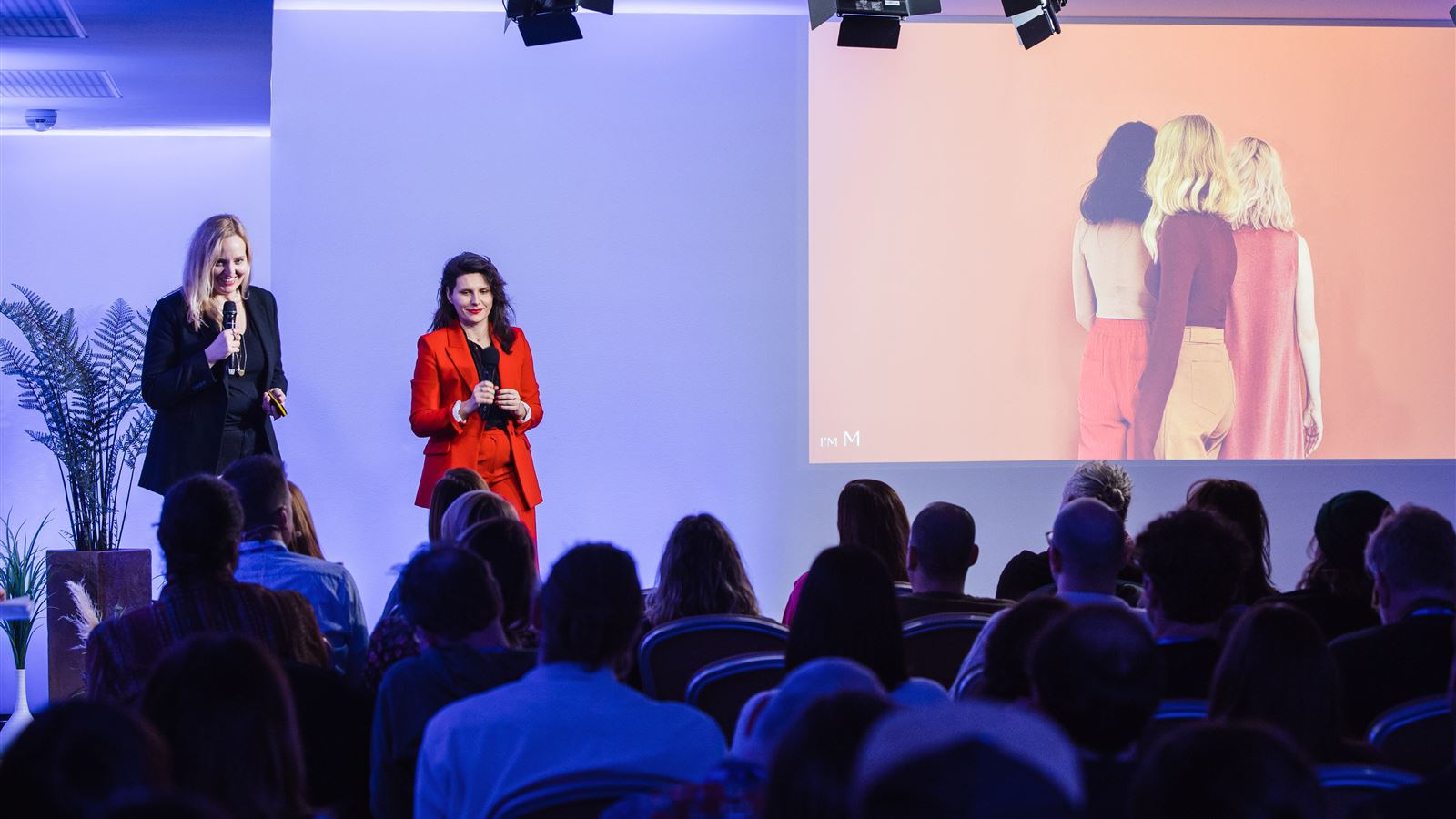
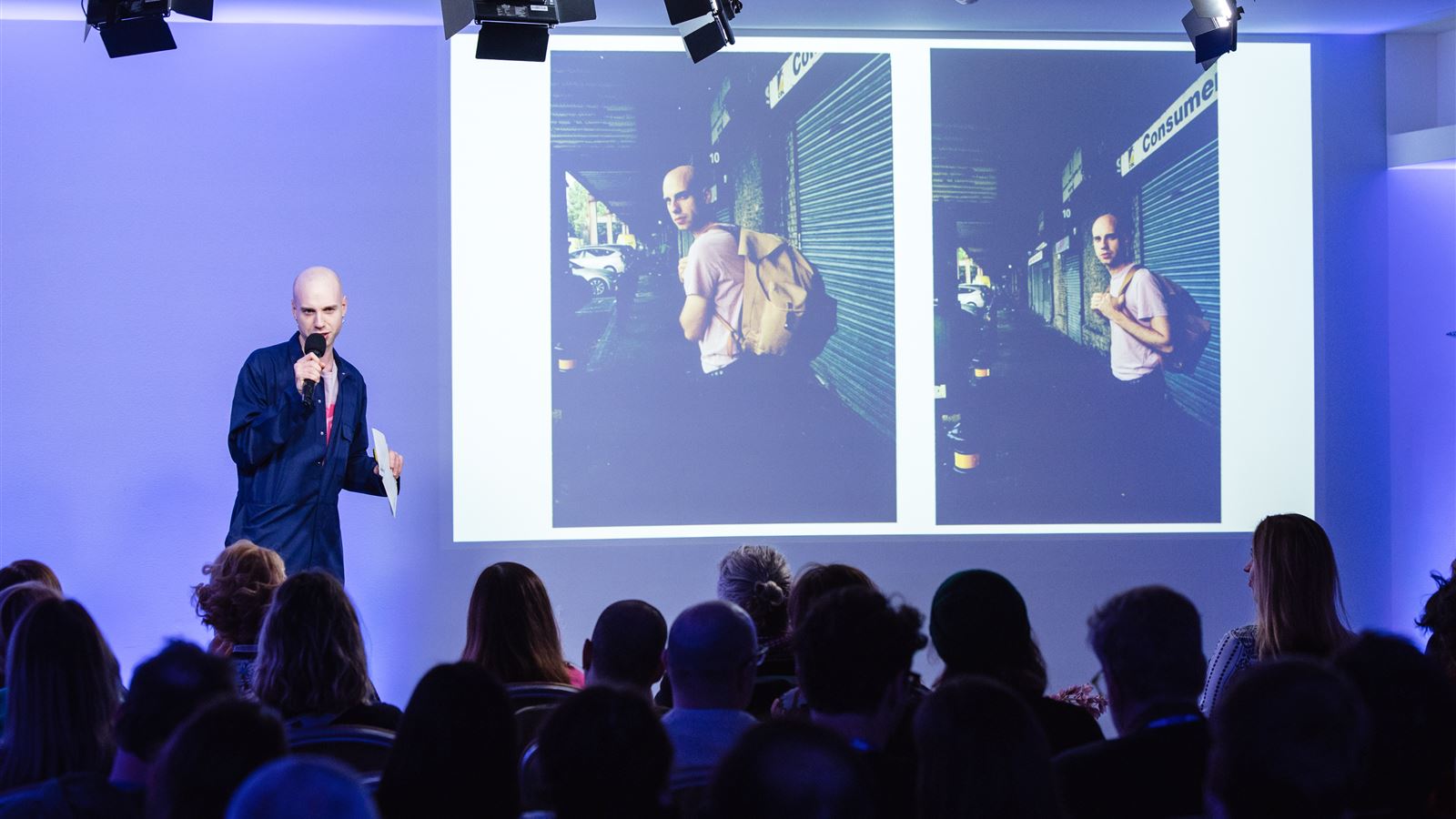
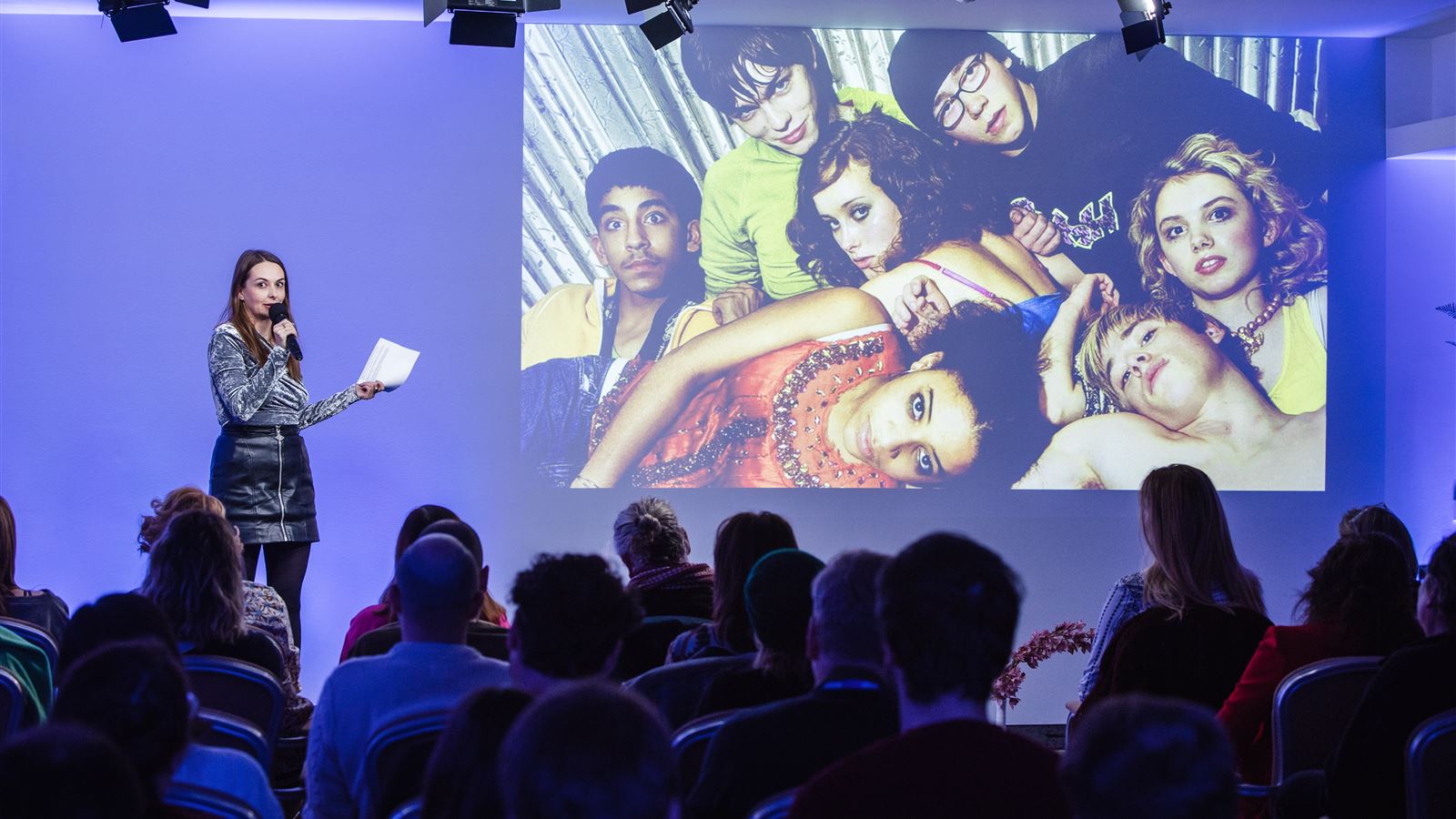
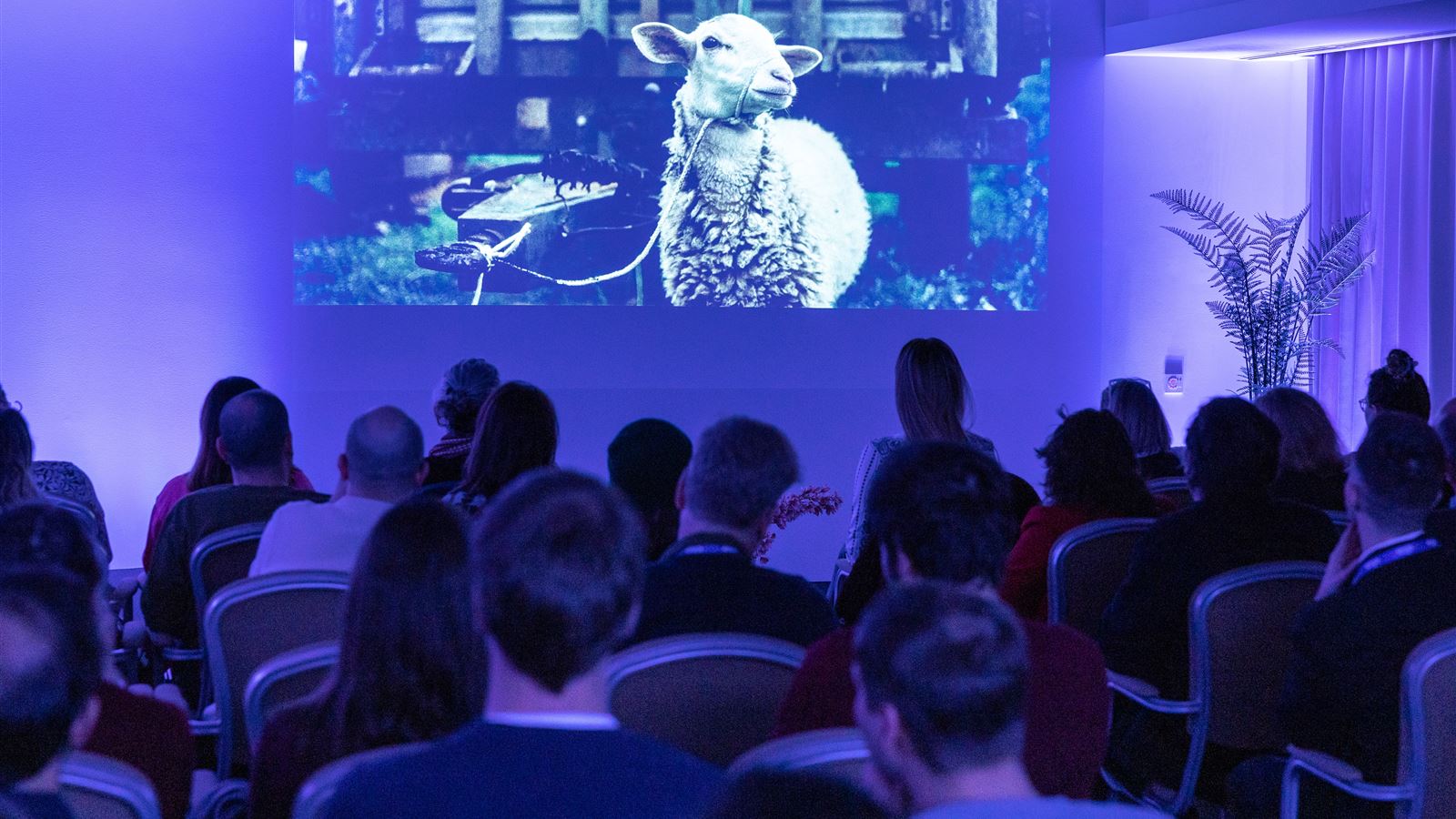
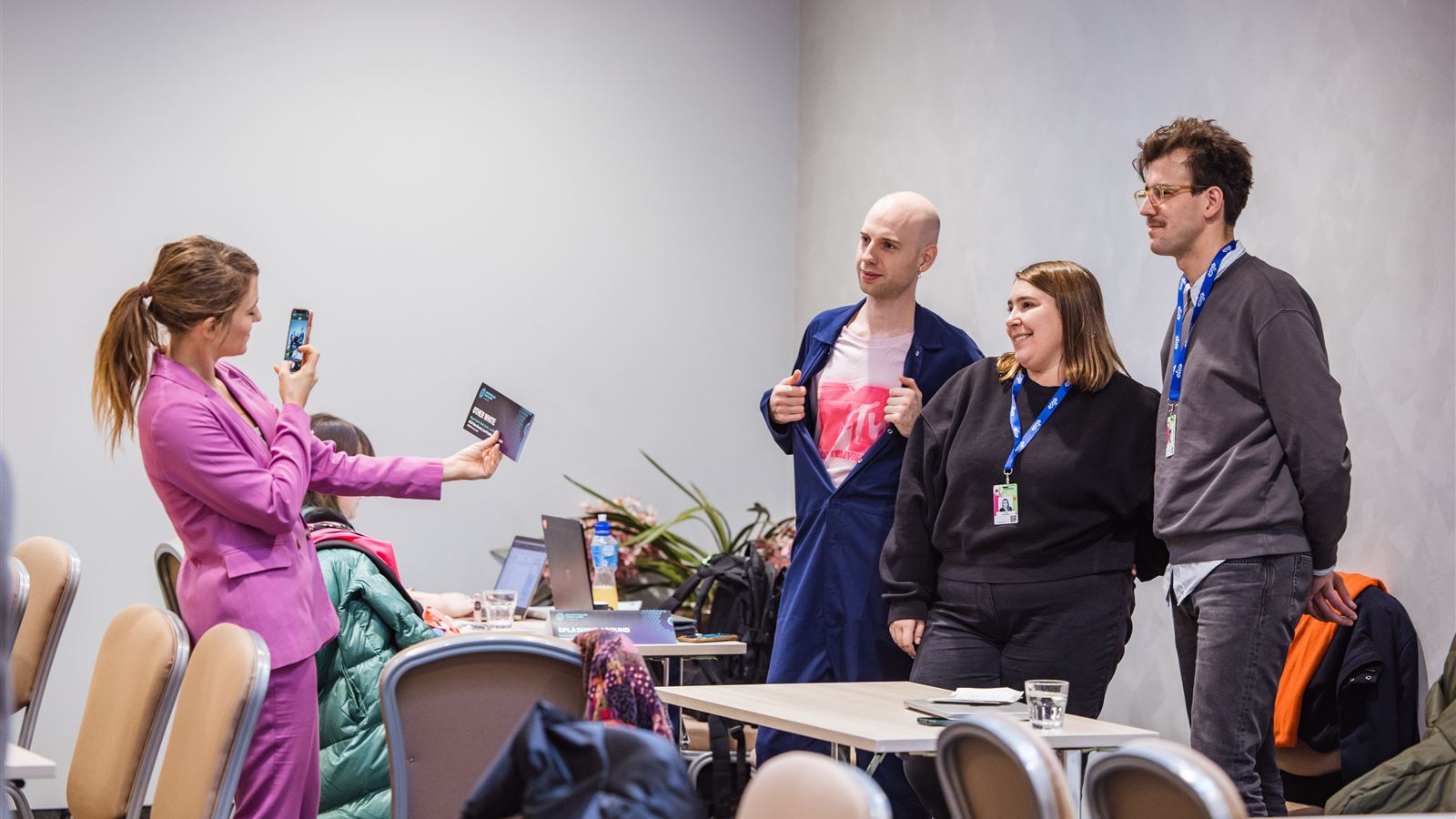
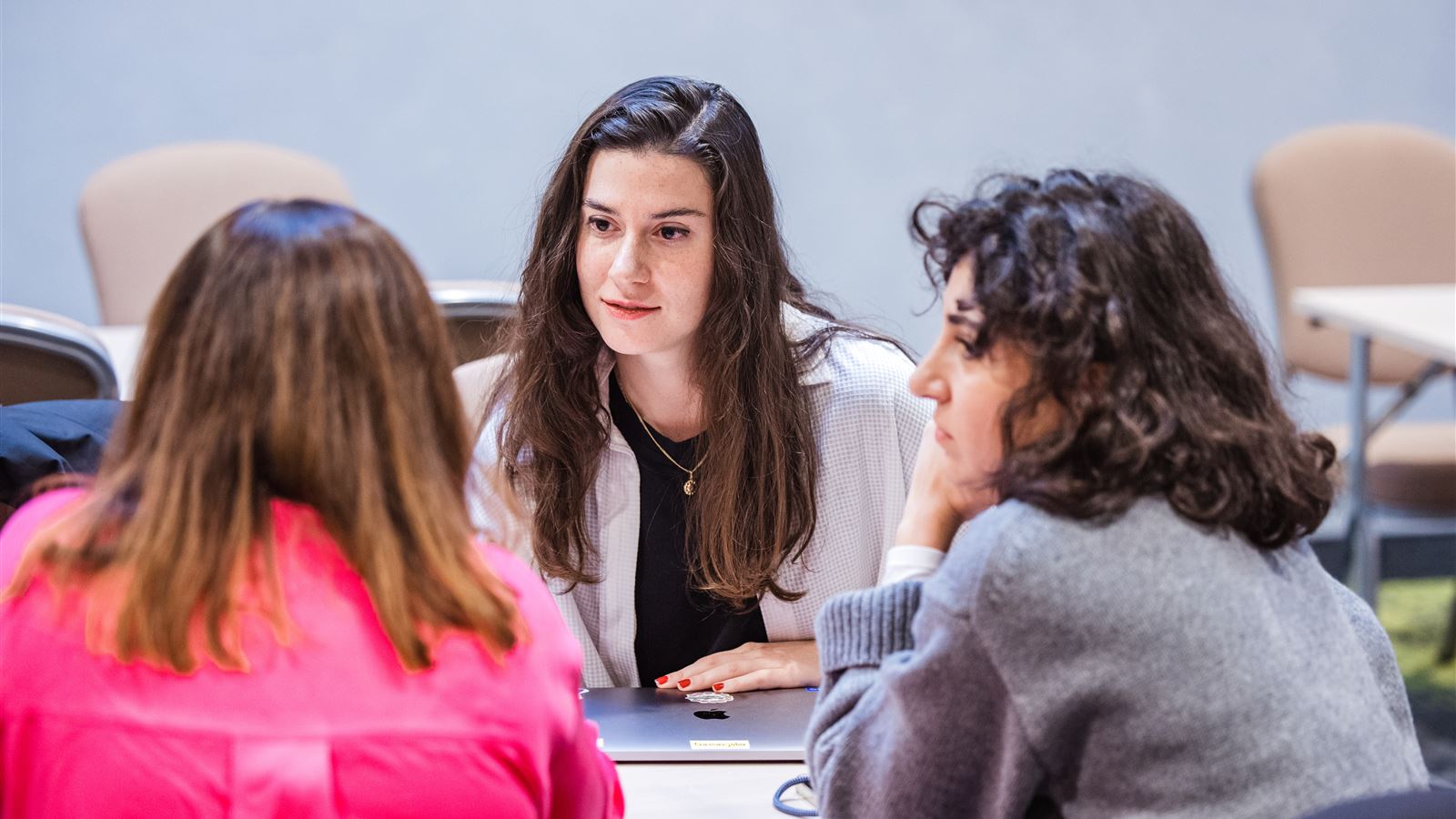
Expert lectures based on the needs and knowledge gaps of MIDPOINT series programs alumni.
The Industry talks have been brought to you by MIDPOINT Institute in partnership with Agora and Sofia Meetings, EAVE, ACE Producers & MFI:
with Joanna Solecka, Marketing Strategists at Alphapanda (Germany/Poland), in partnership with EAVE
Thinking about marketing usually takes place when the film/series is finished, and in most cases focuses on choosing stills, writing the synopsis and creating the poster and the trailer. It’s too late and not enough anymore. In the digital era there are so many other opportunities to reach different audiences with various assets, and ideas that ultimately would help grow the number of viewers. Having a marketing strategy in place before starting the shoot helps to understand what kind of materials should be prepared during the production, which eventually can help the budget. Last, but not least, film/series marketing is fun and creative and can substantially support the pre-production process with ideas on how to prepare for the film or series launch. Based on case studies, this talk aims to give the audience hands-on tools on how to use marketing strategy at the development stage, how to better understand the film or series world, the audiences and the ways to reach them.
with Tim Wagendorp, VAF (Belgium), in partnership with Sofia Meeting
The talks cover the following topics: how to provide the opportunity to explore challenges around implementing sustainability in the film/series industry; how to enhance a deep understanding of applied sustainability through the combined perspectives of film/series funders, producers and exhibitors; how to guide participants through a process around how the Green Challenge can begin to be addressed and carried out both individually and within an organisation.




